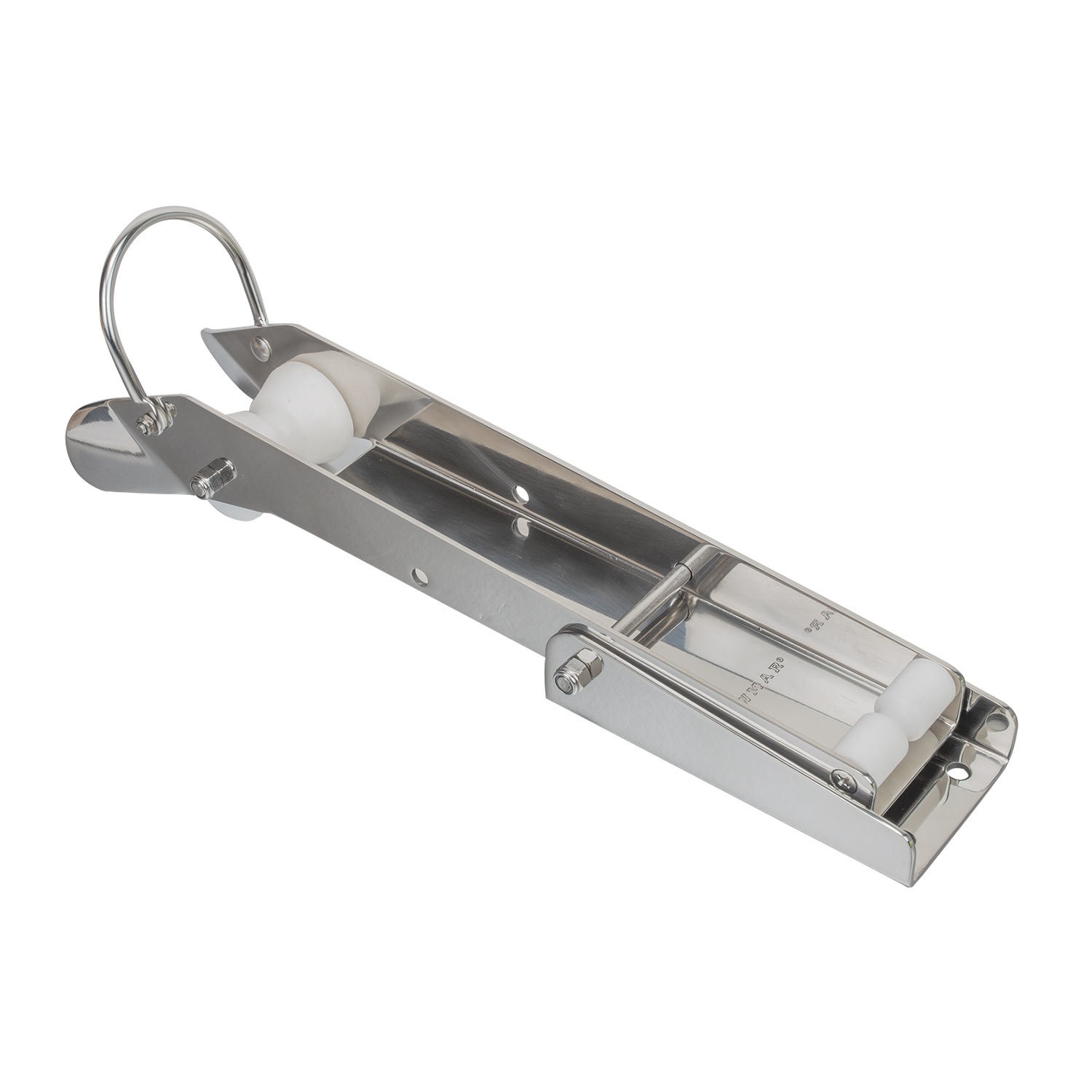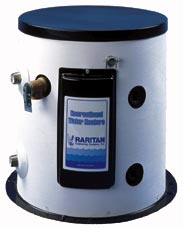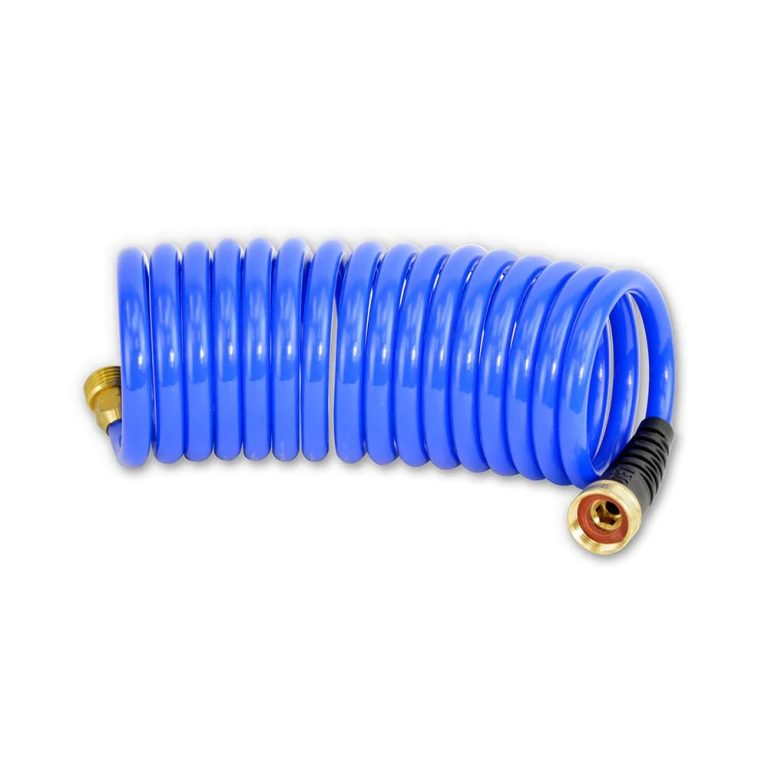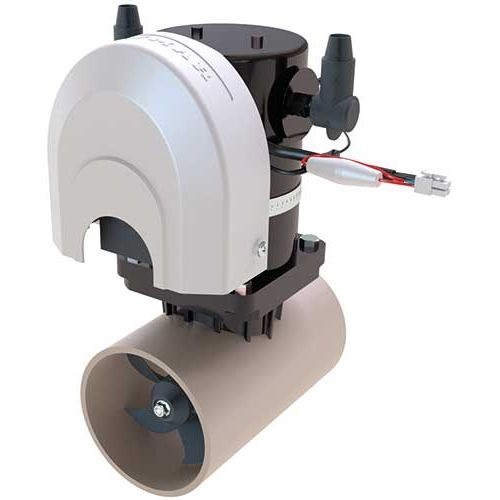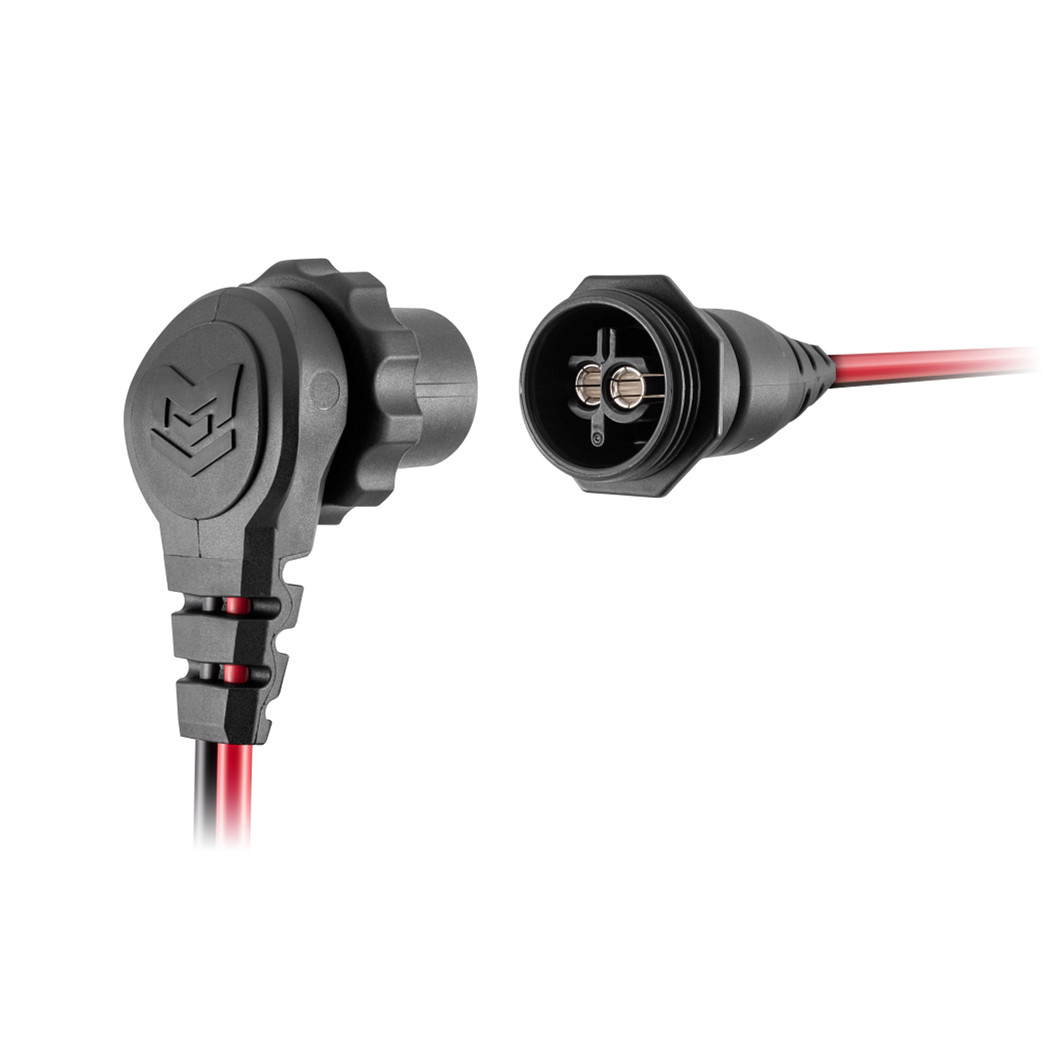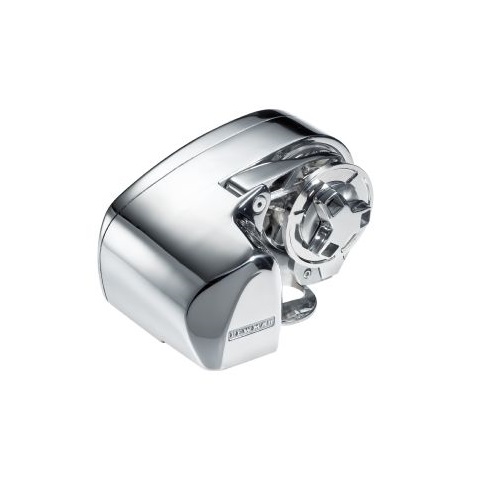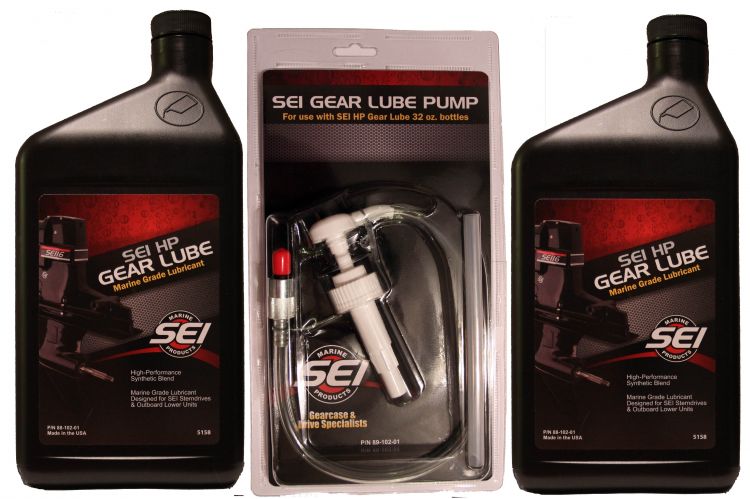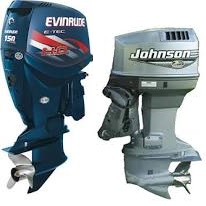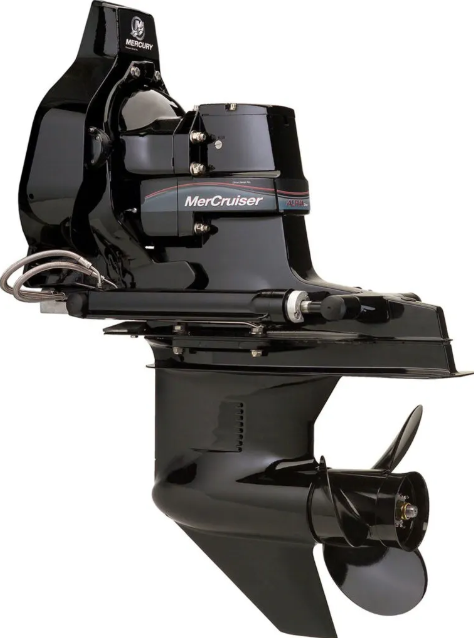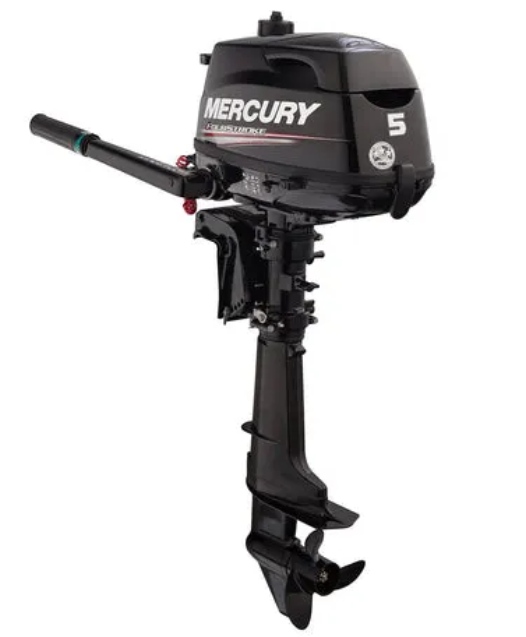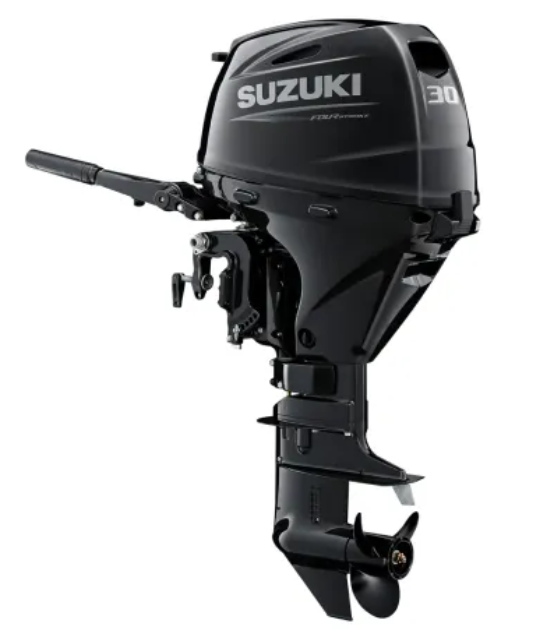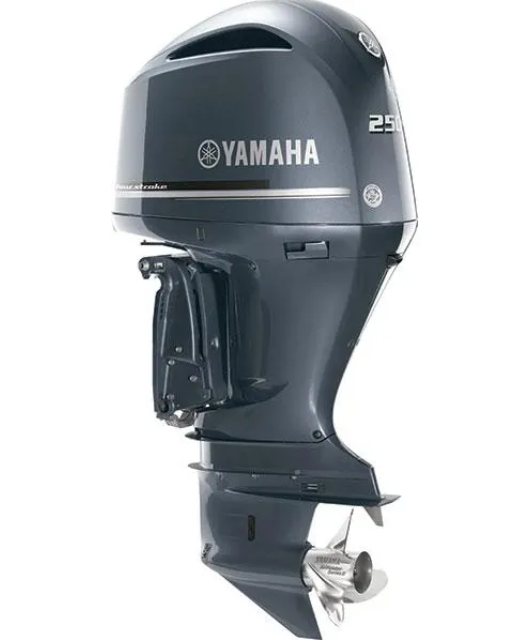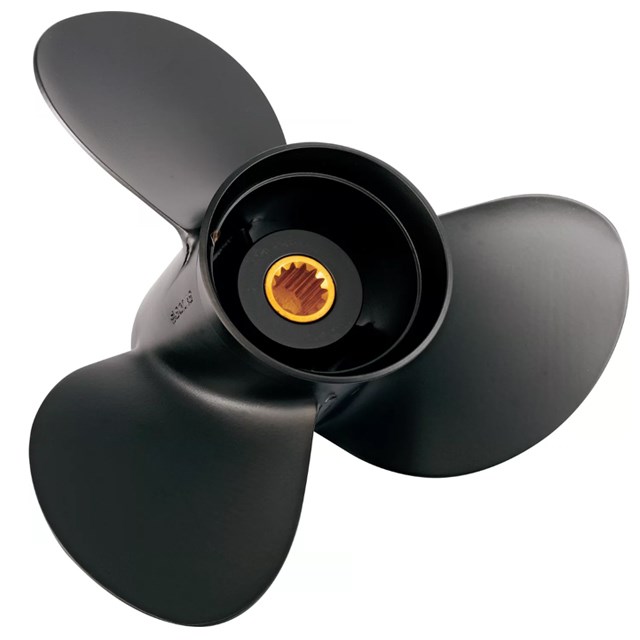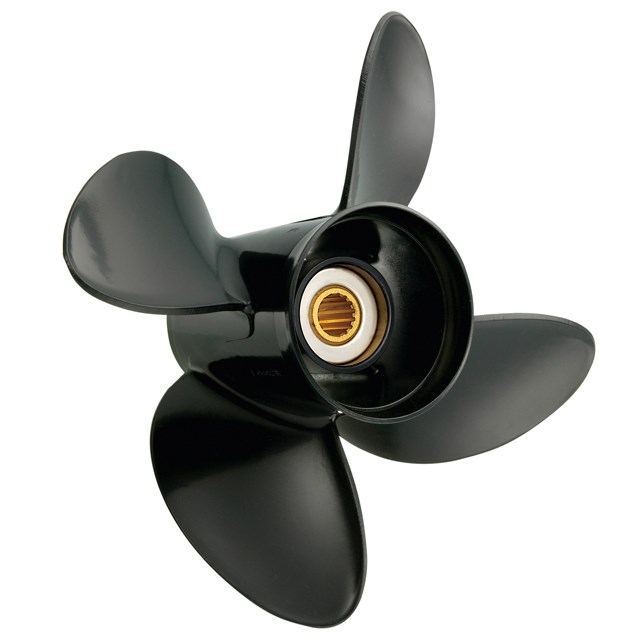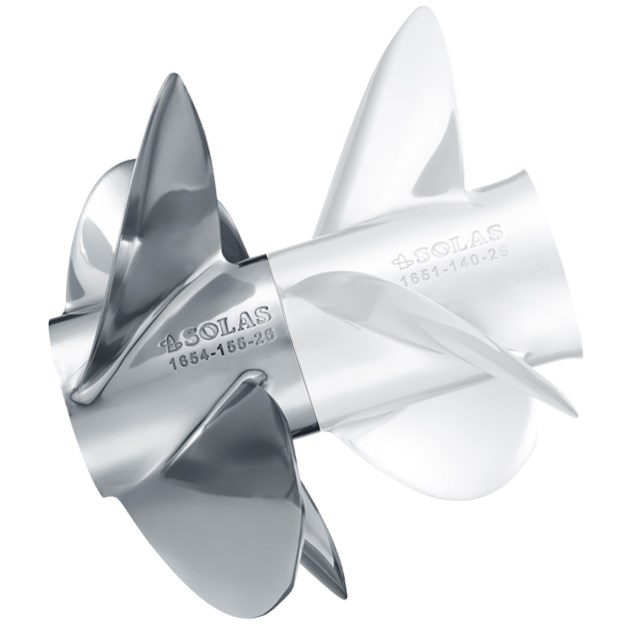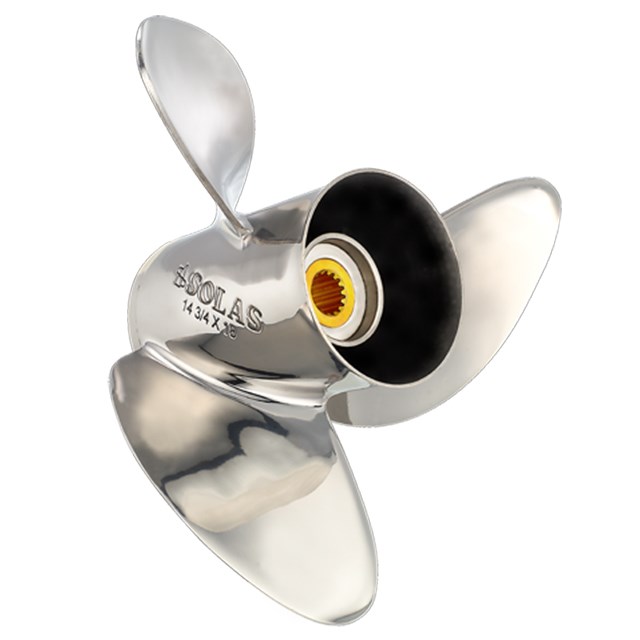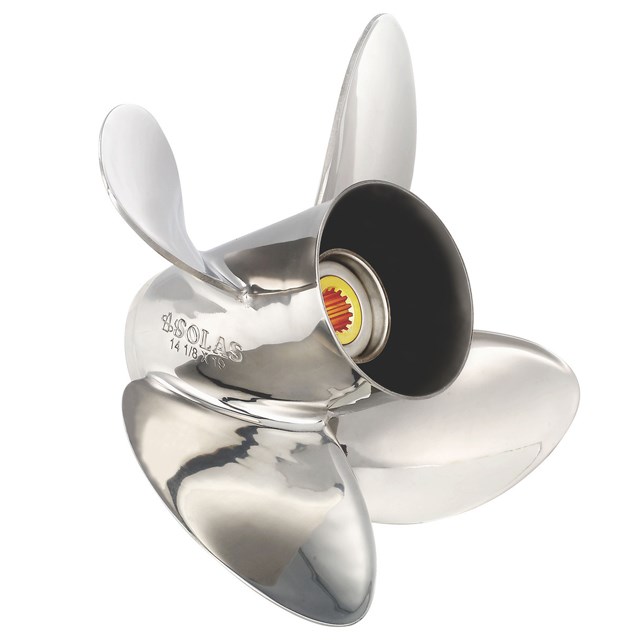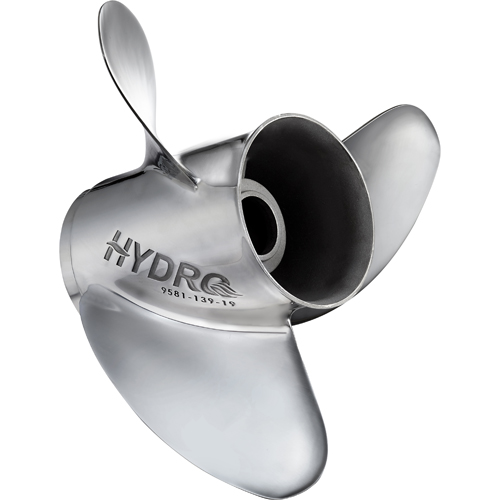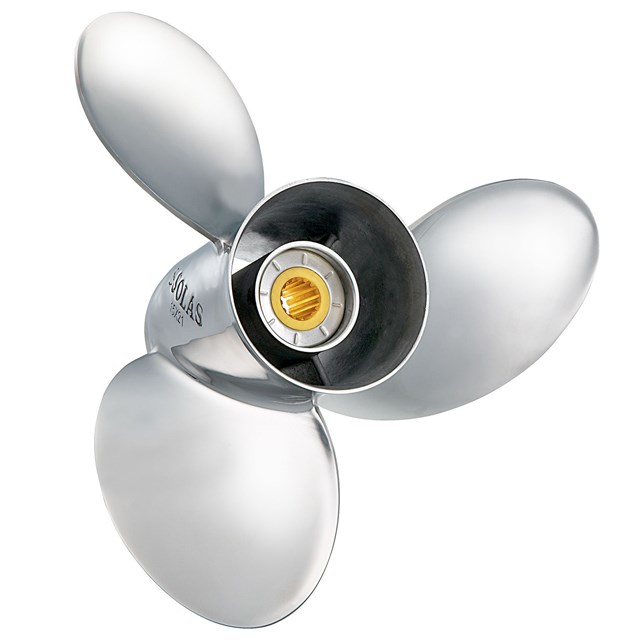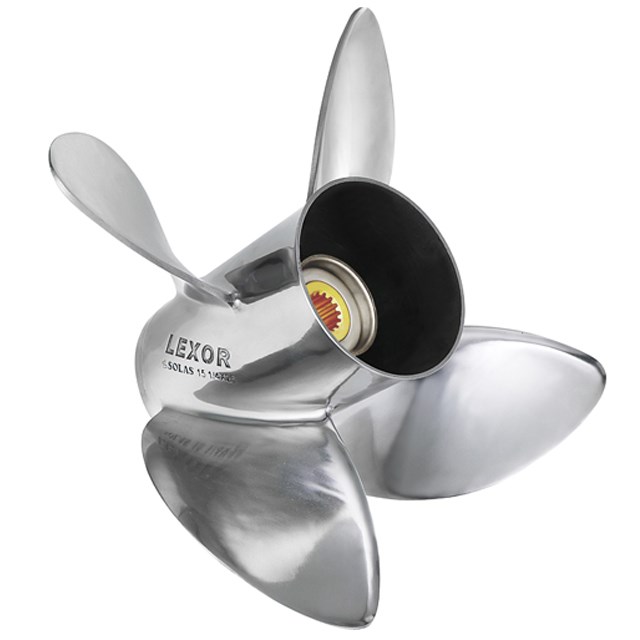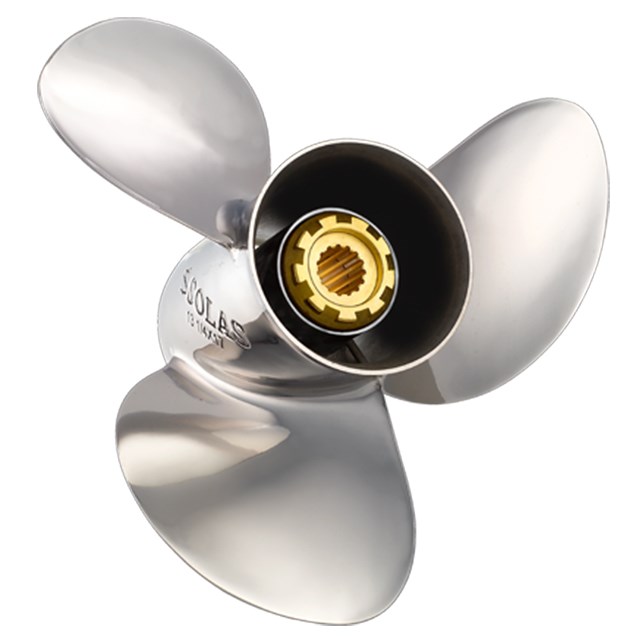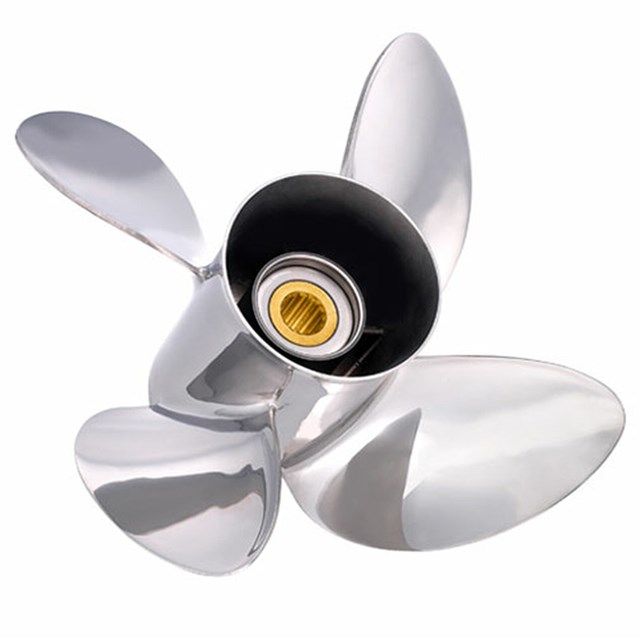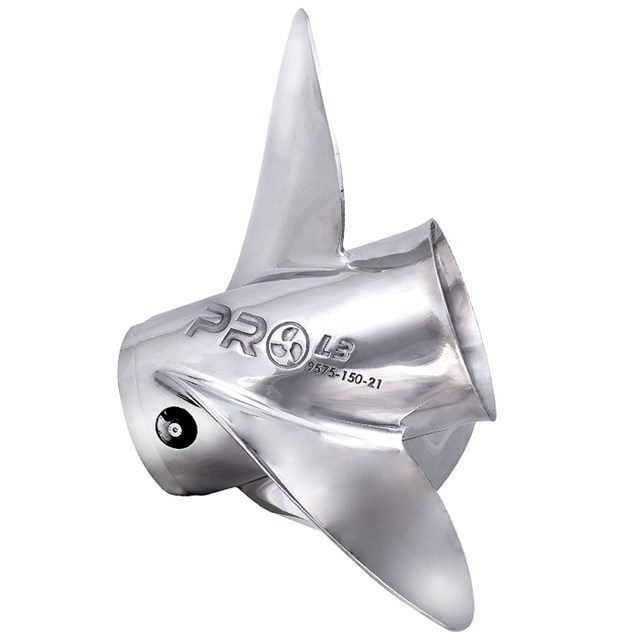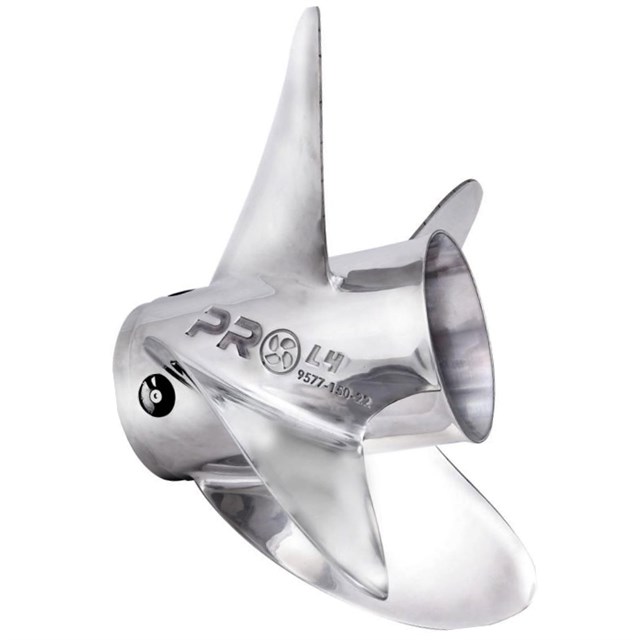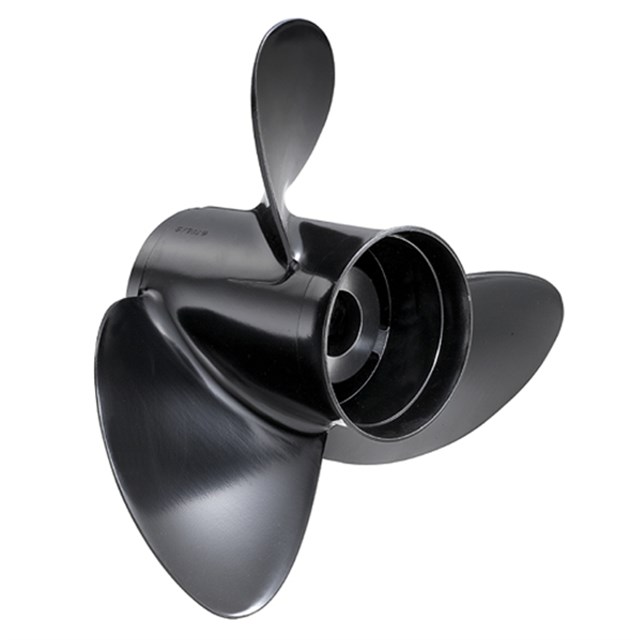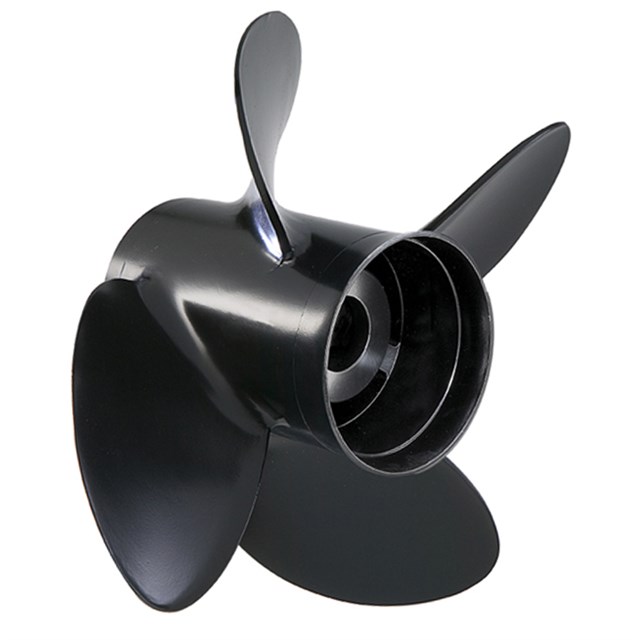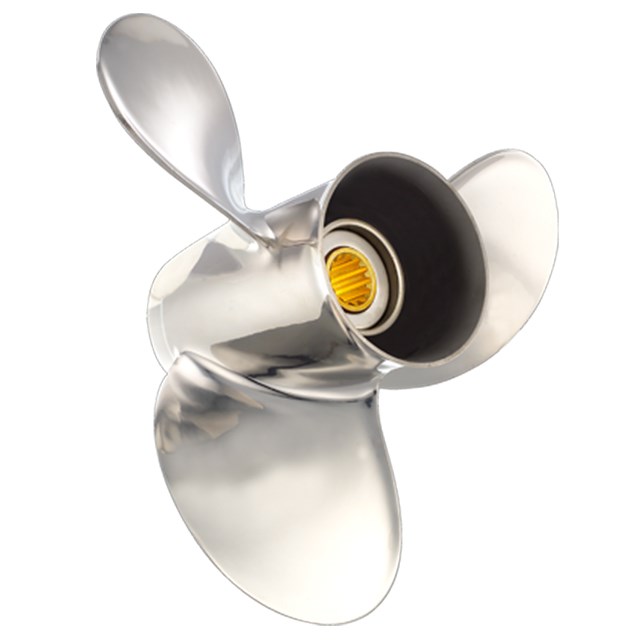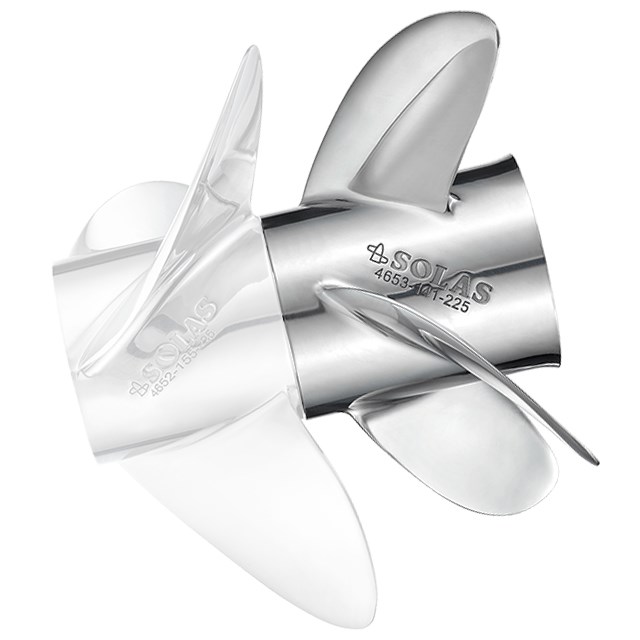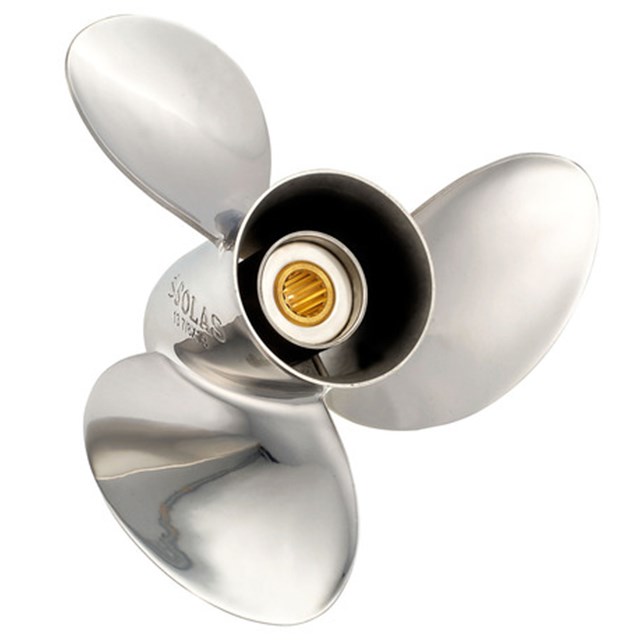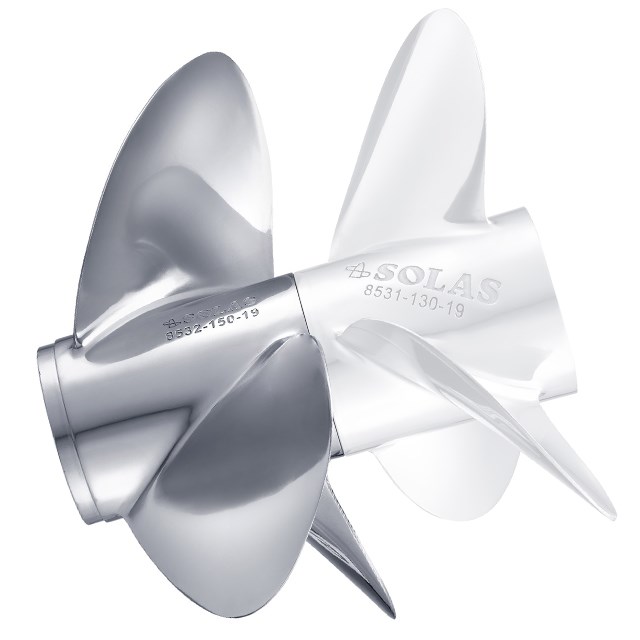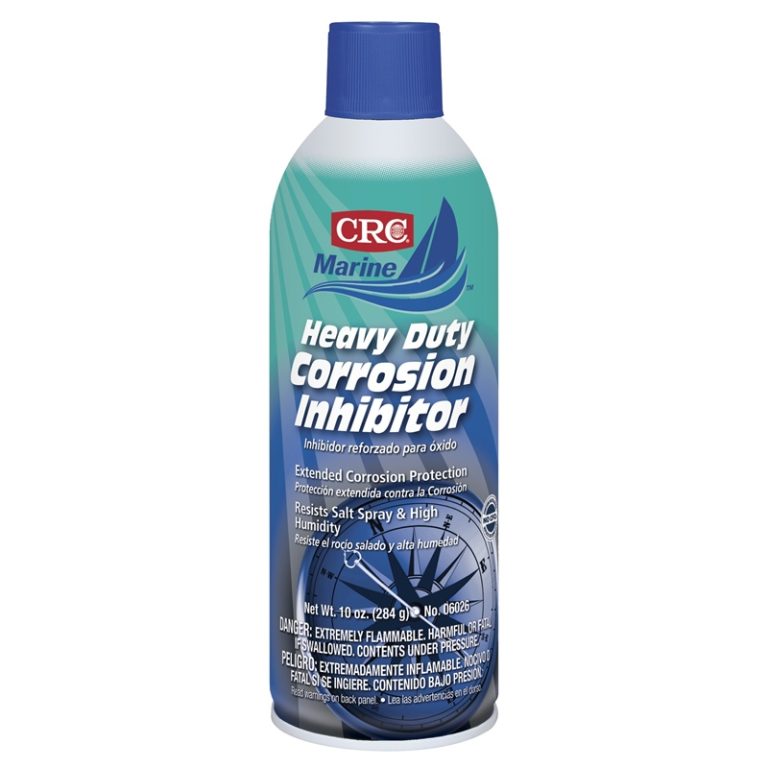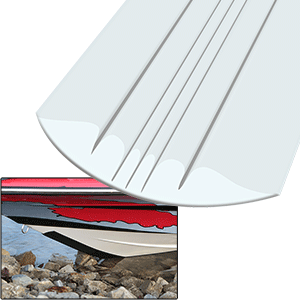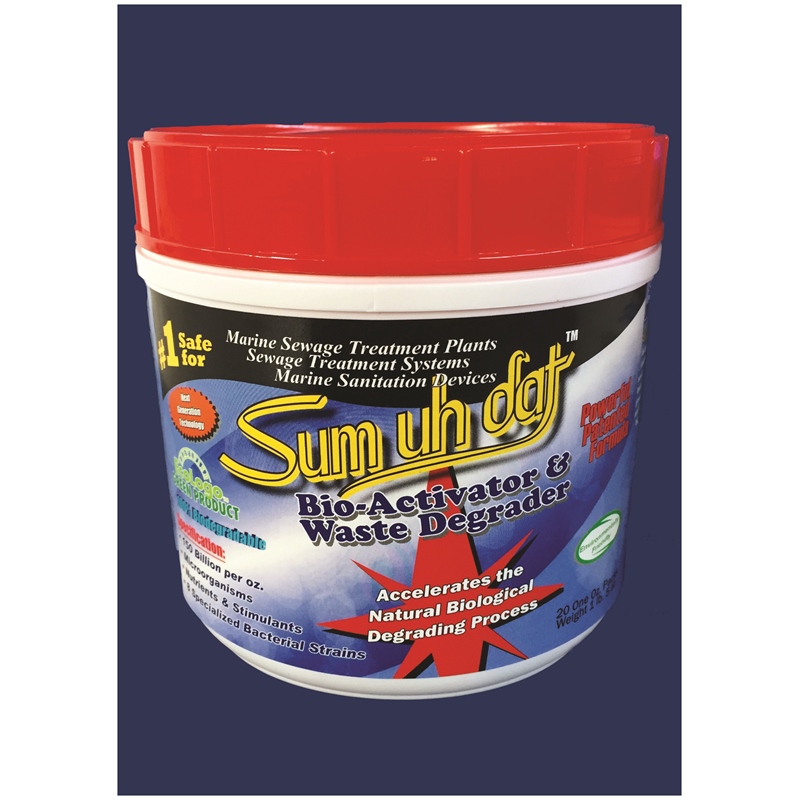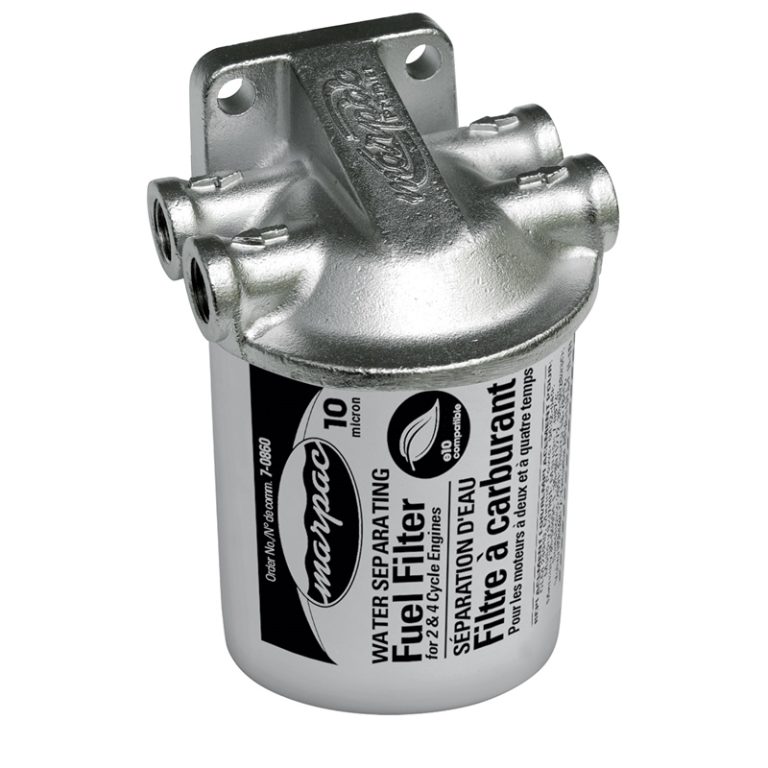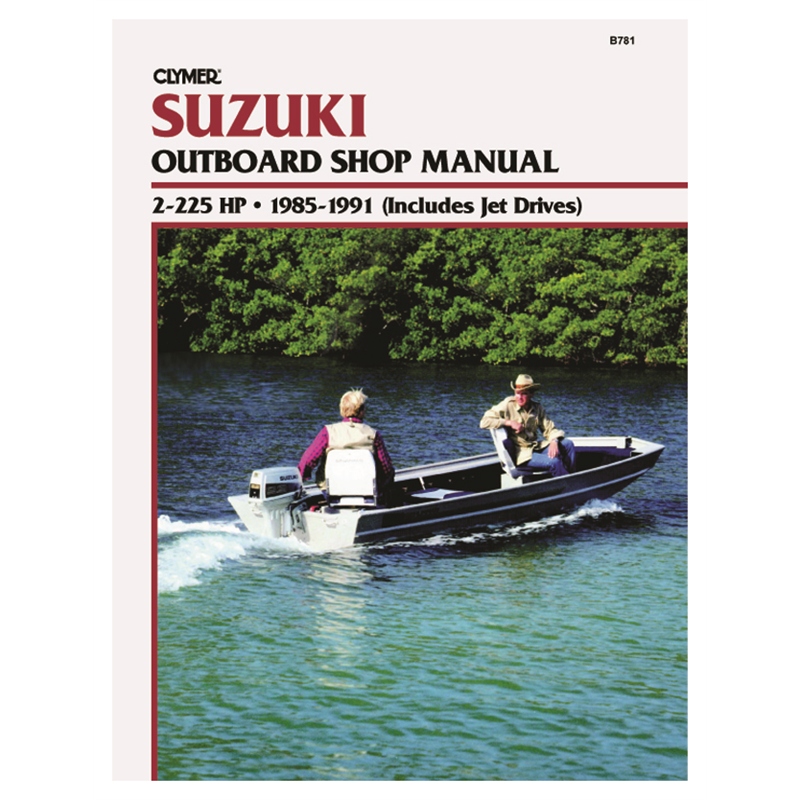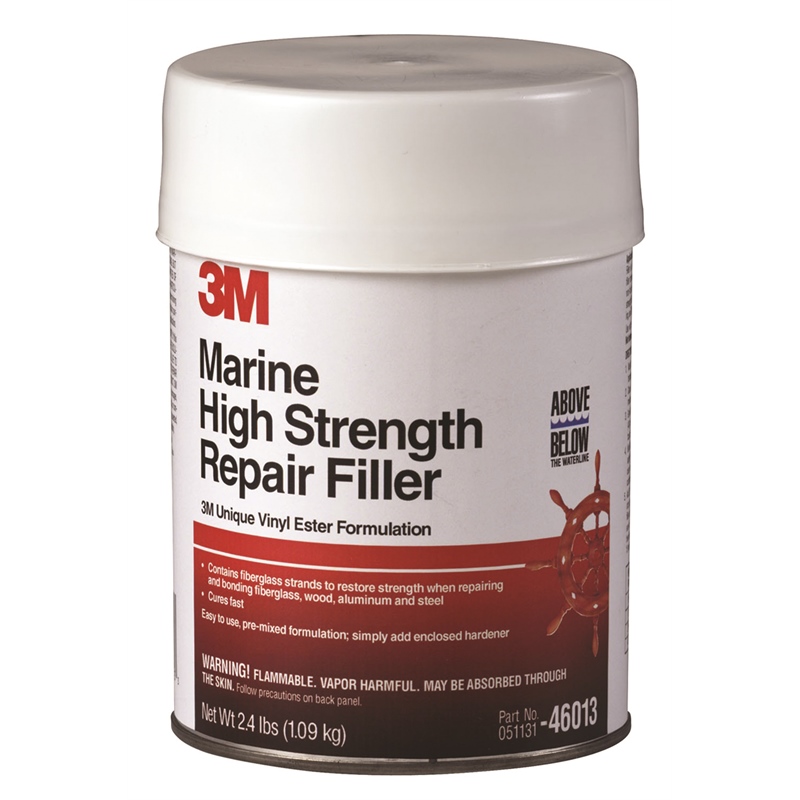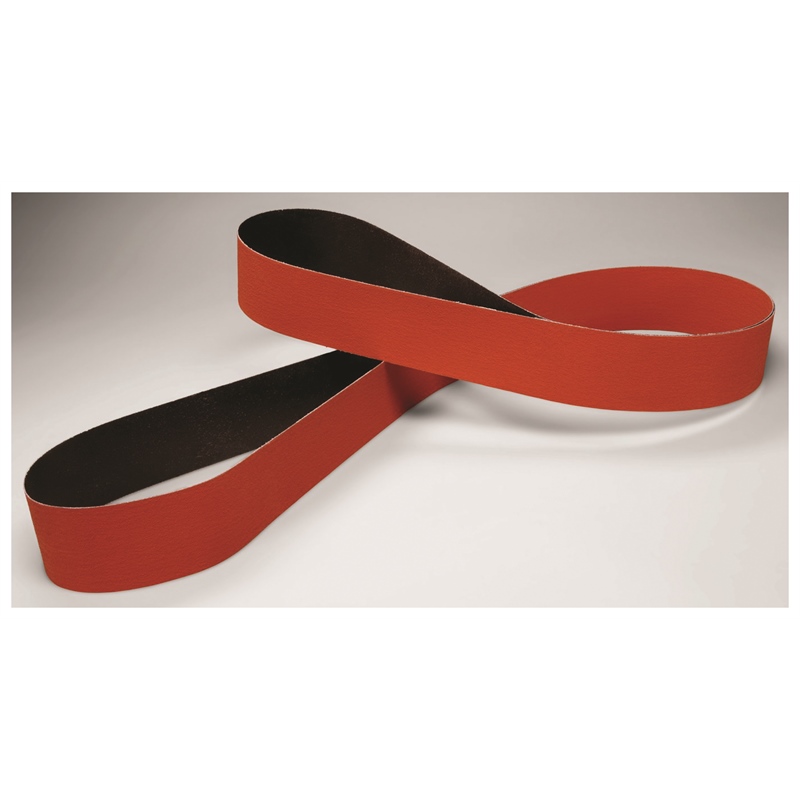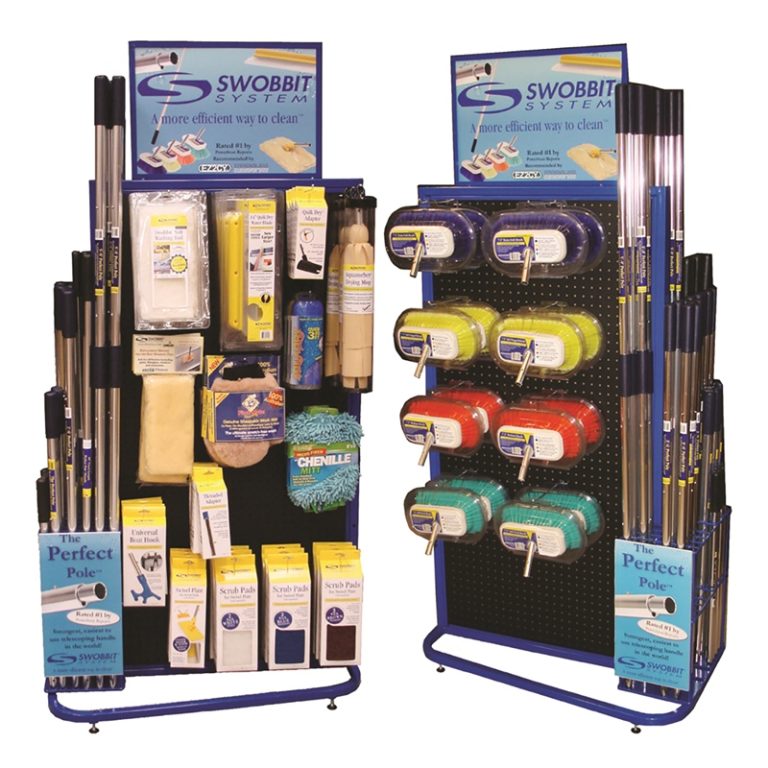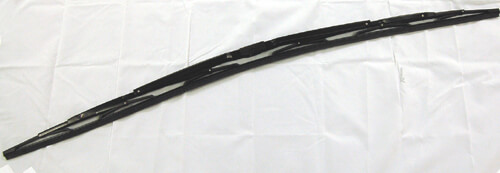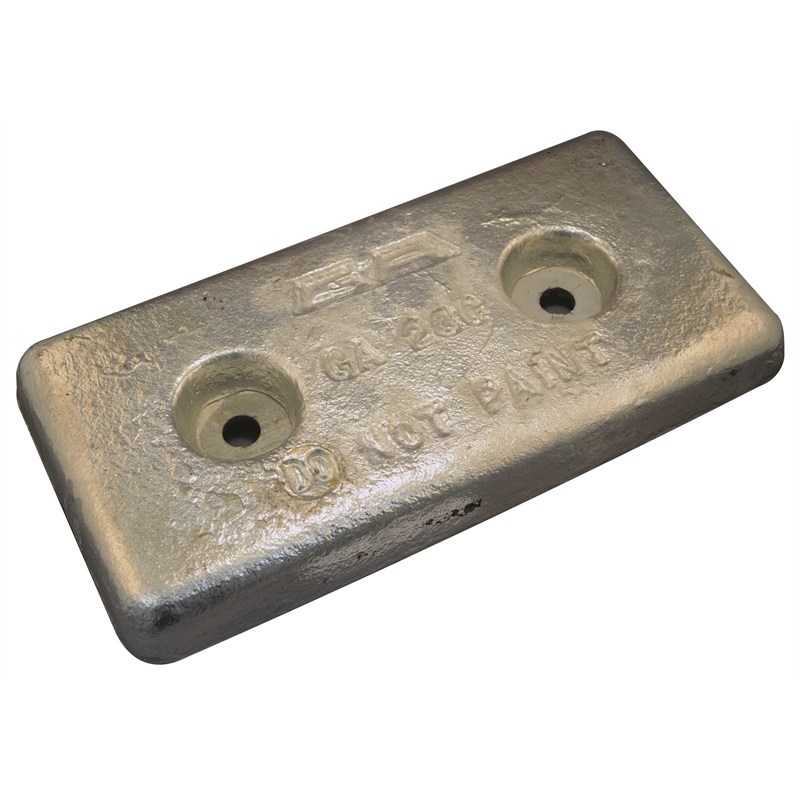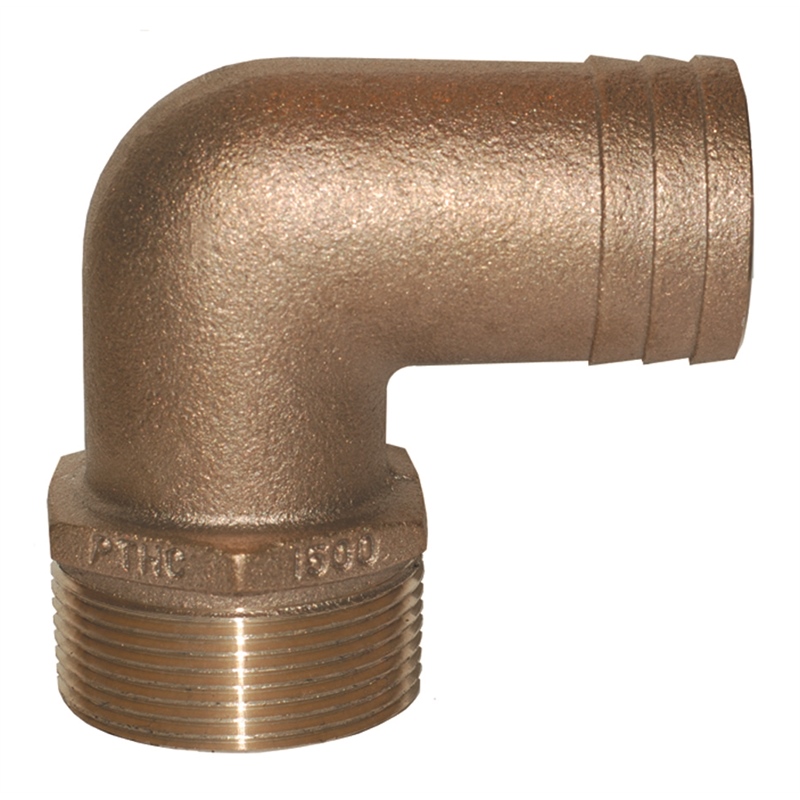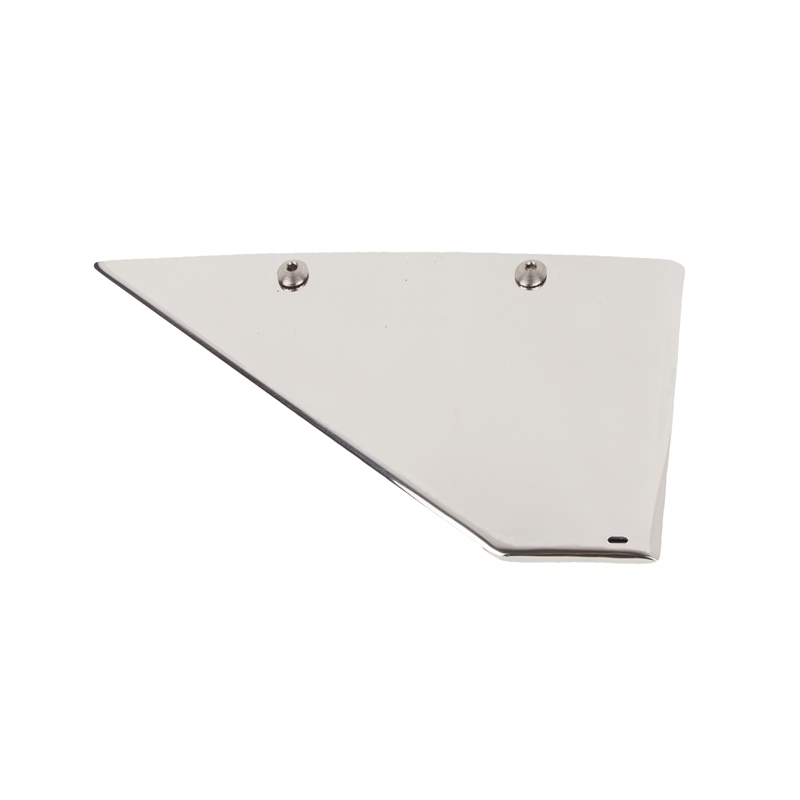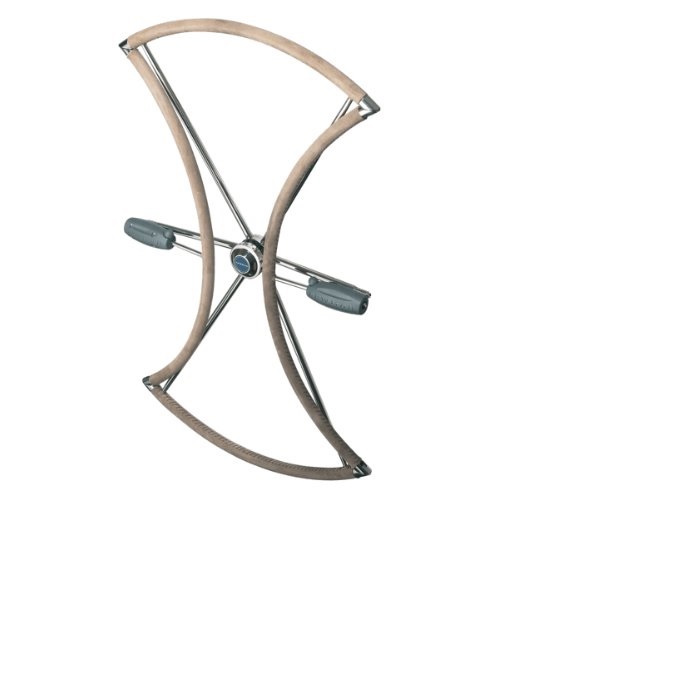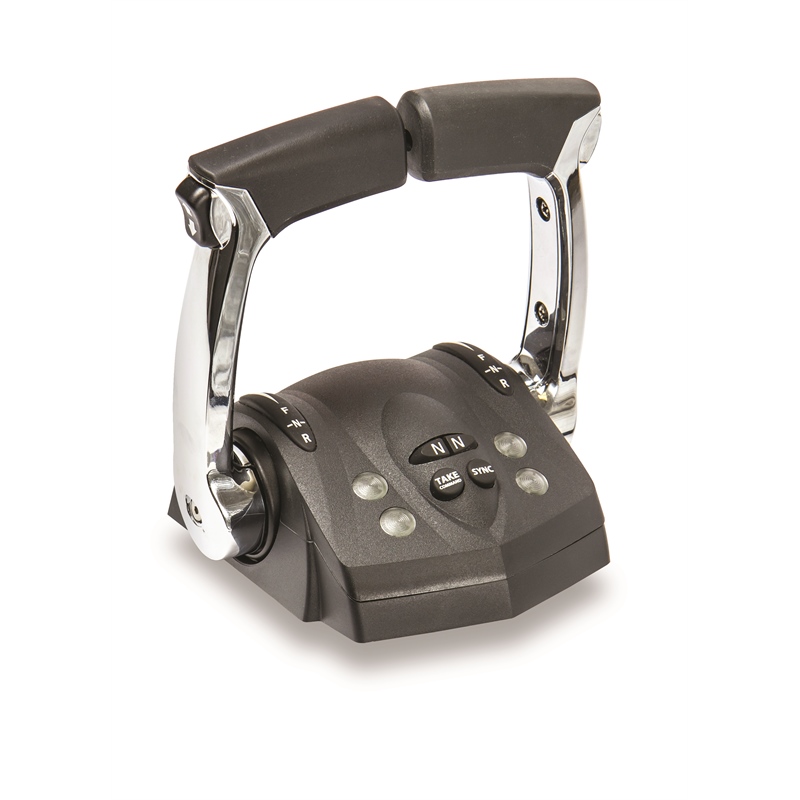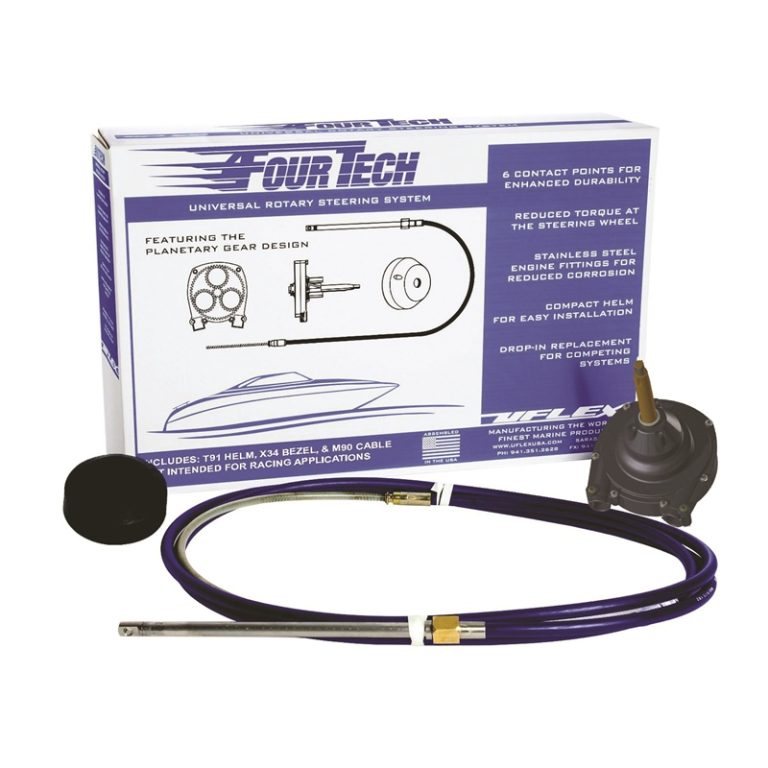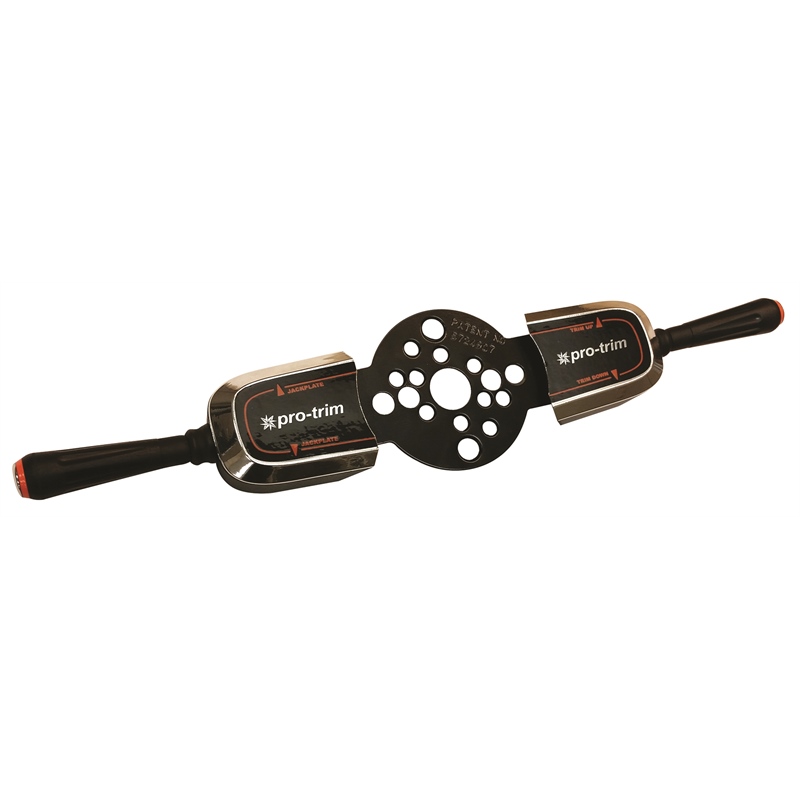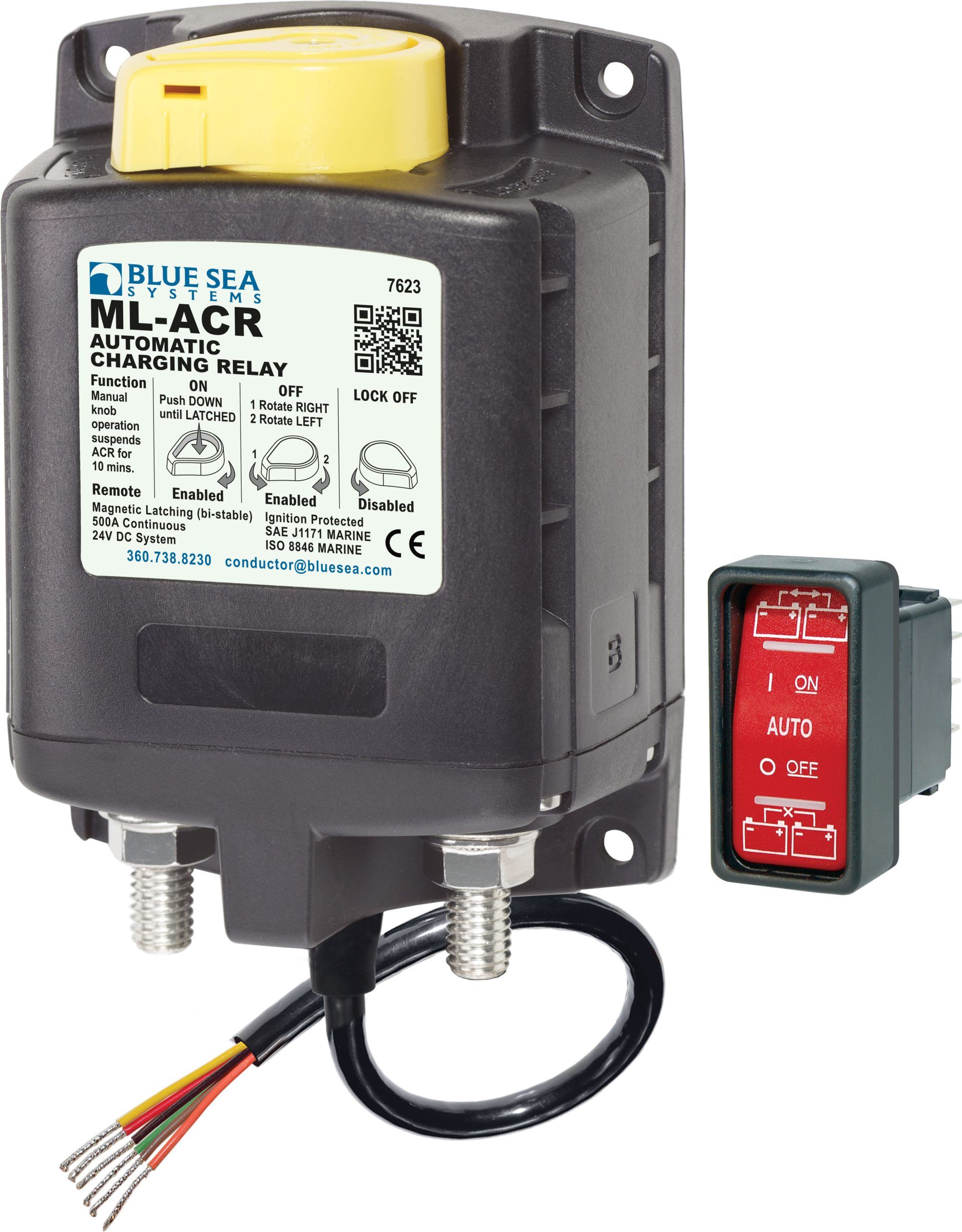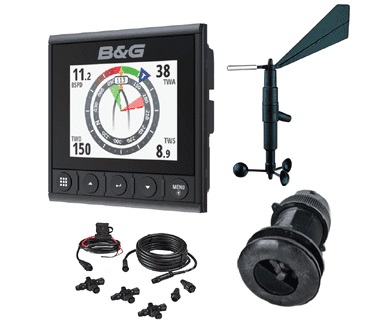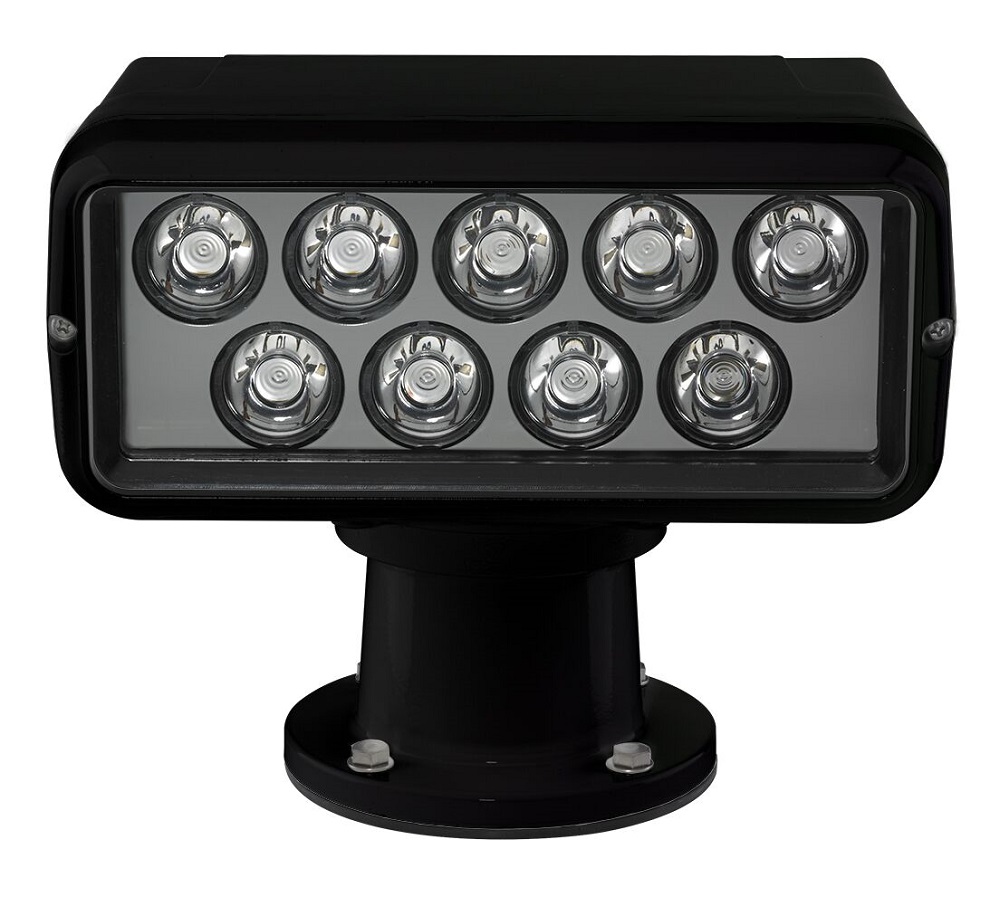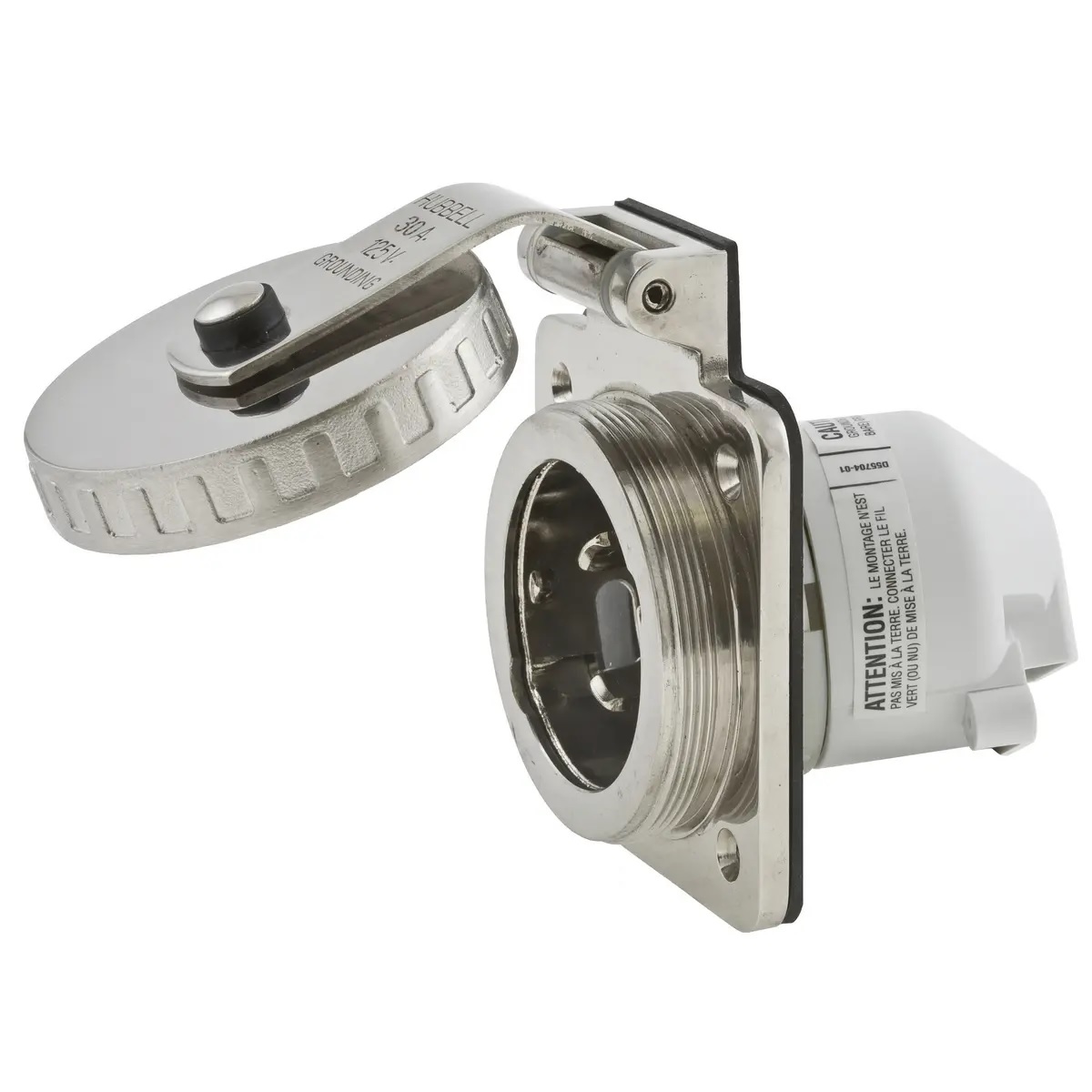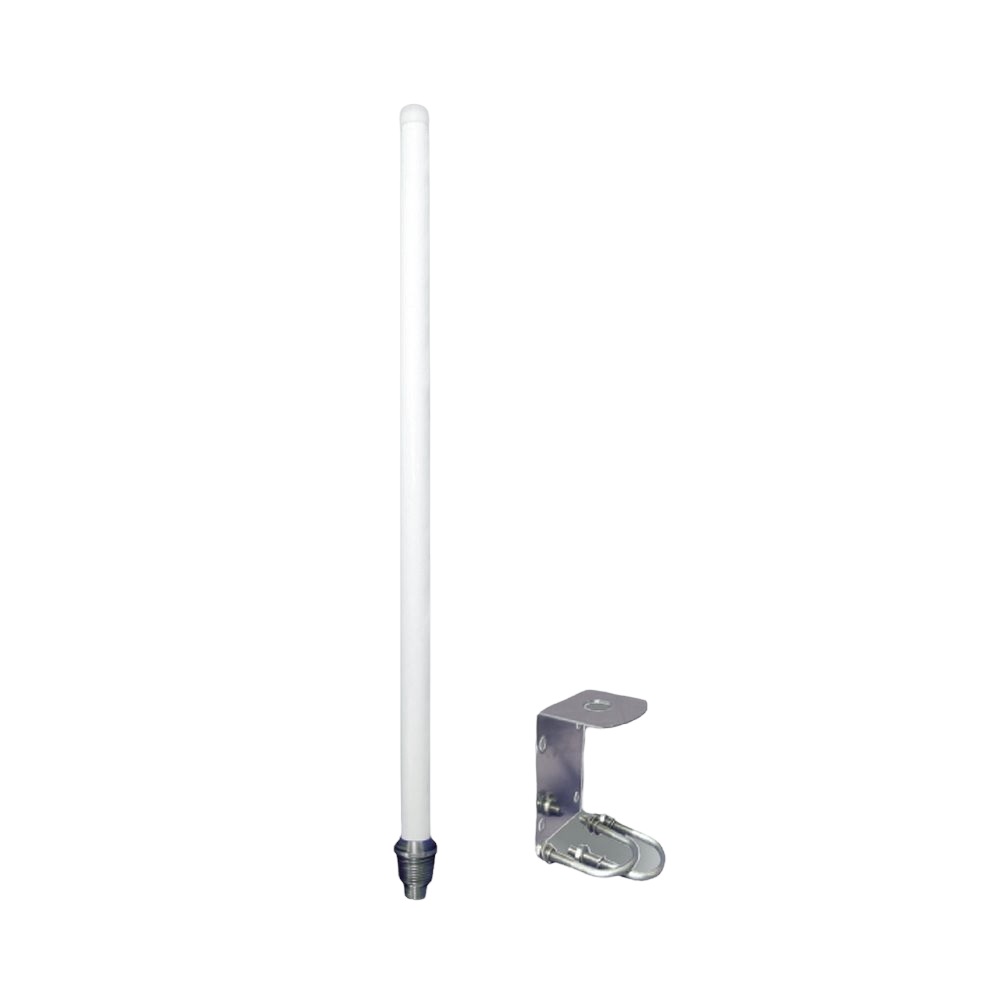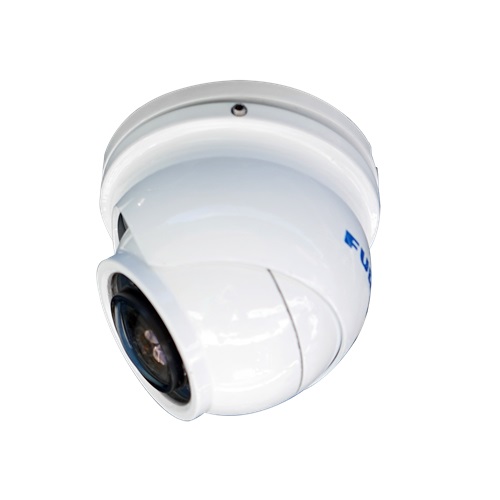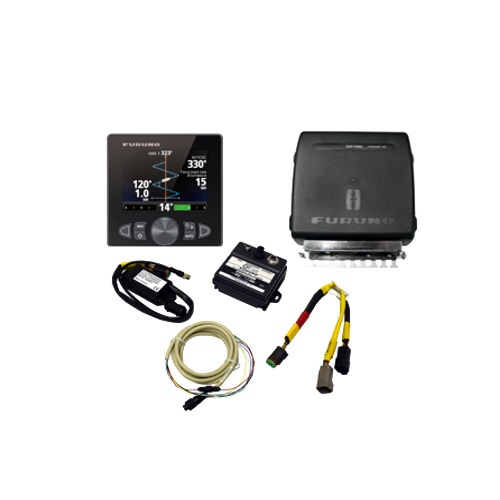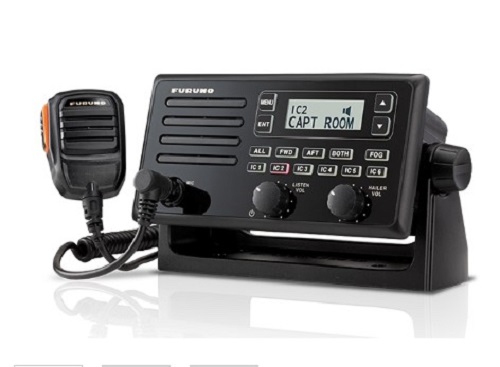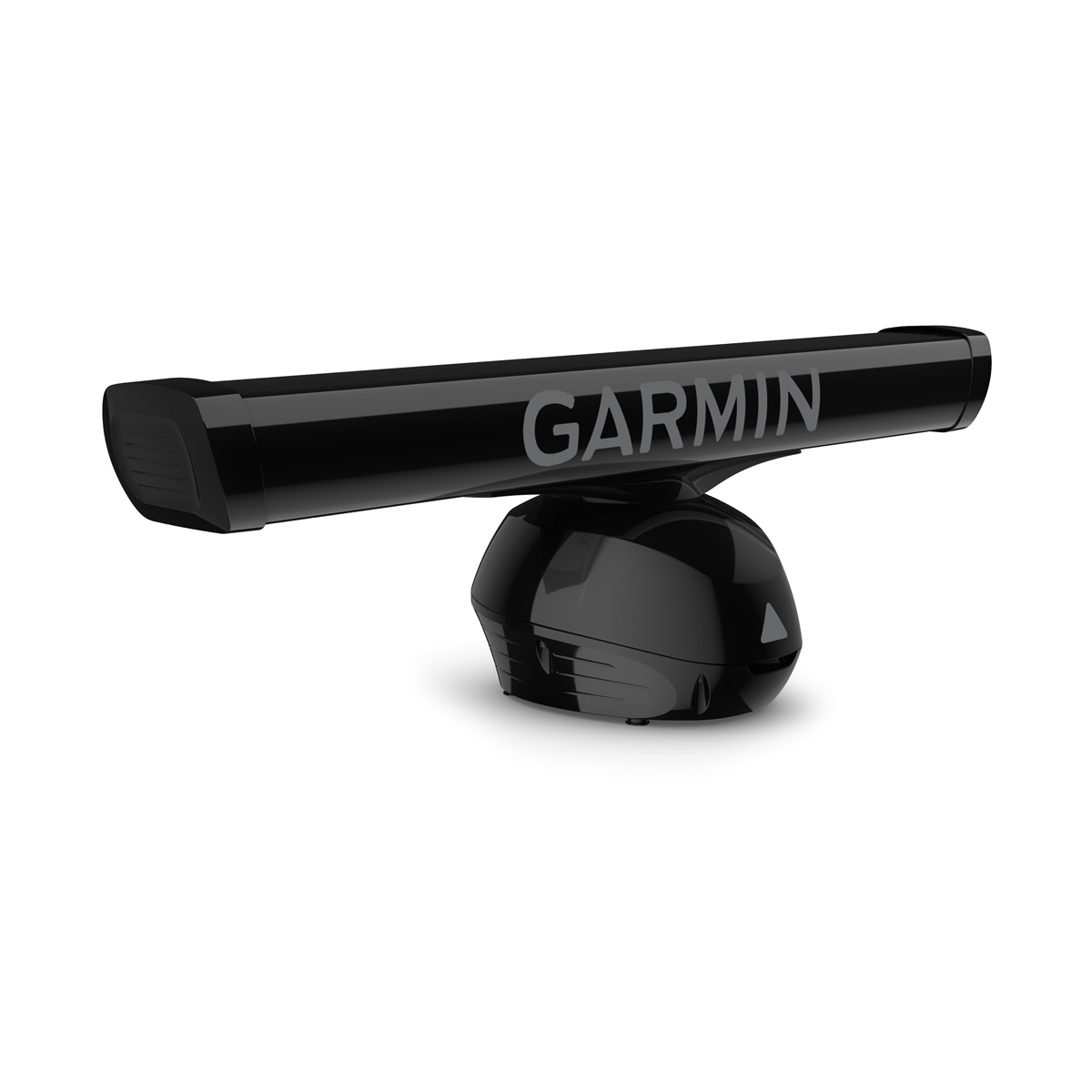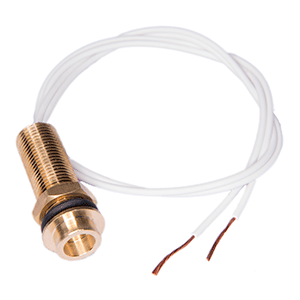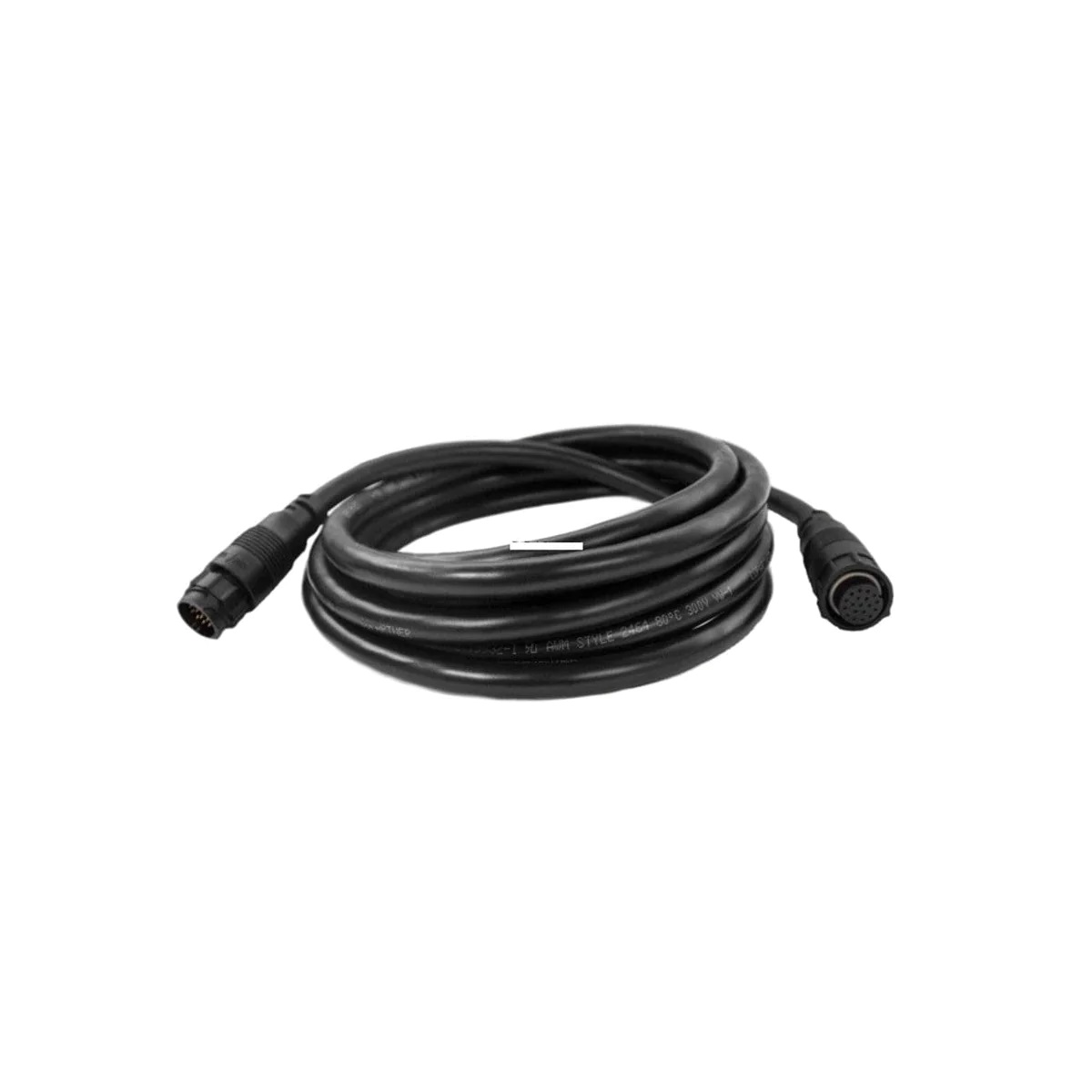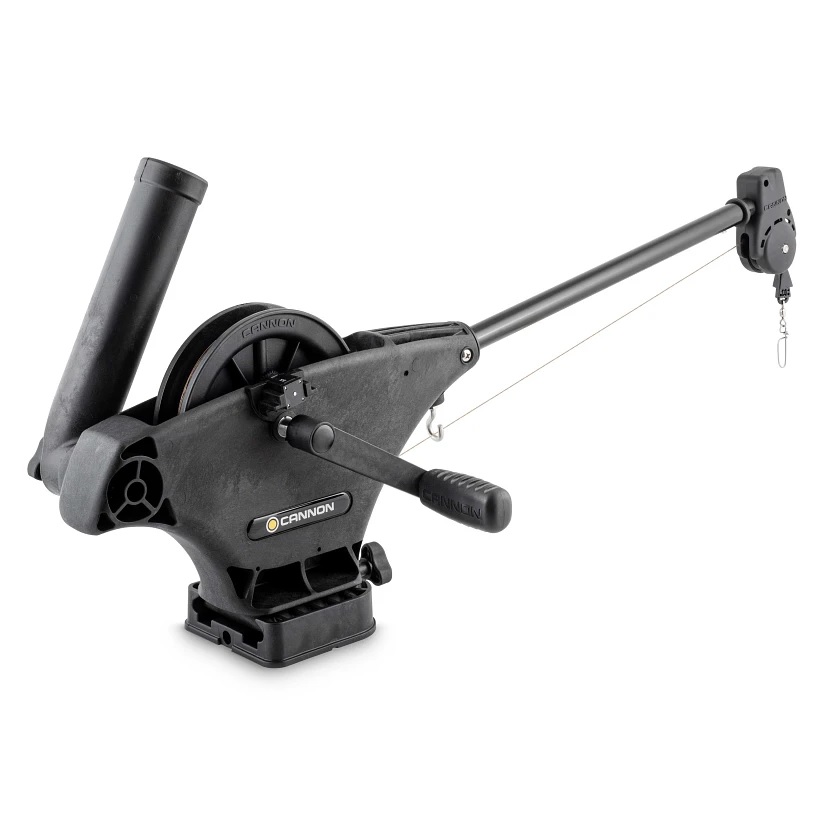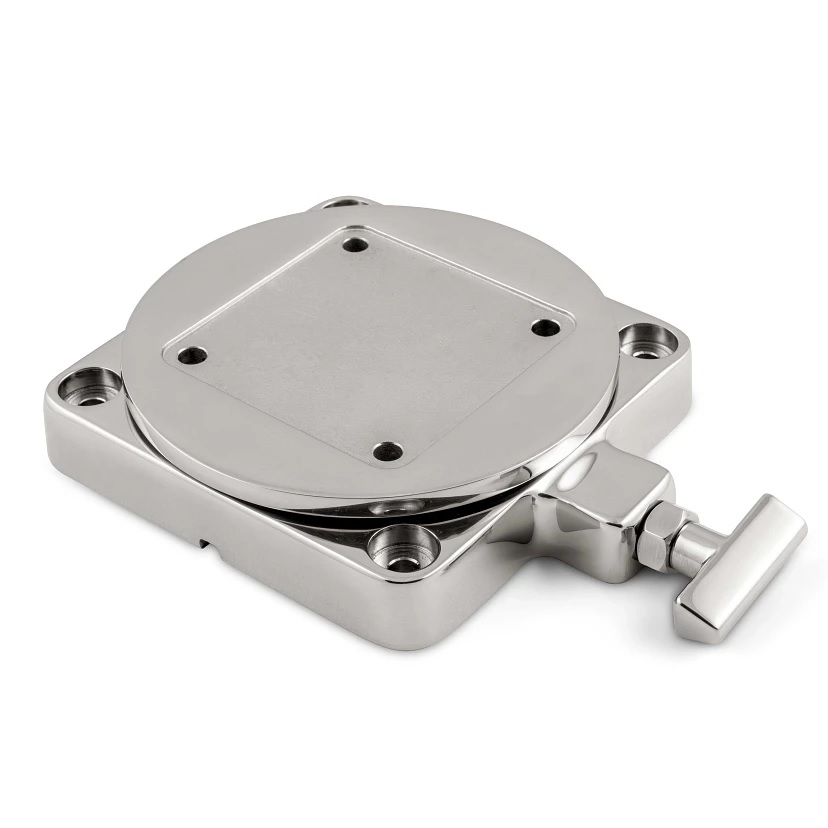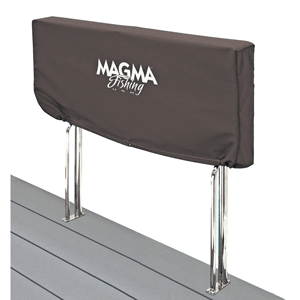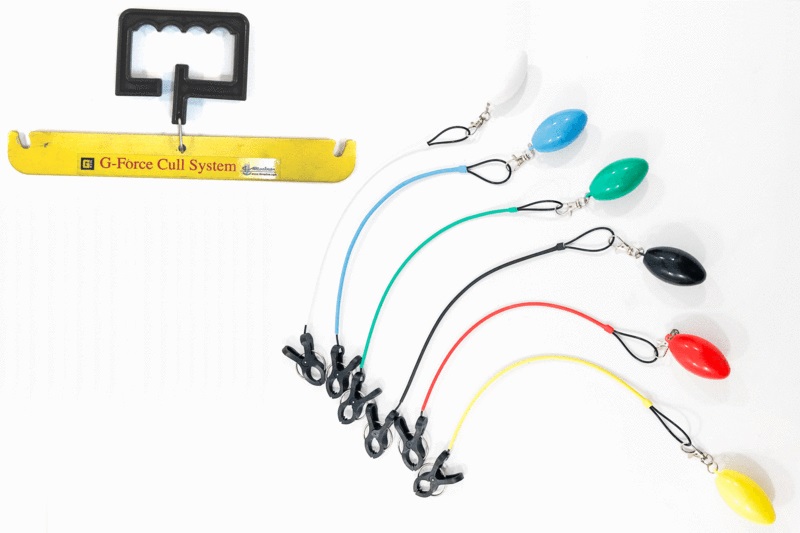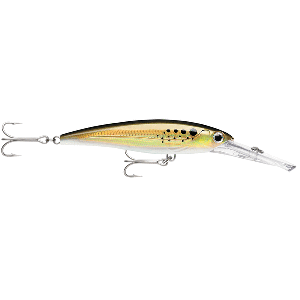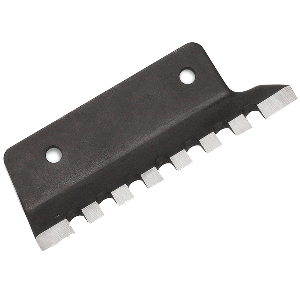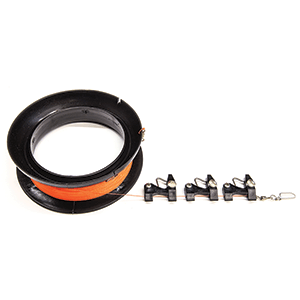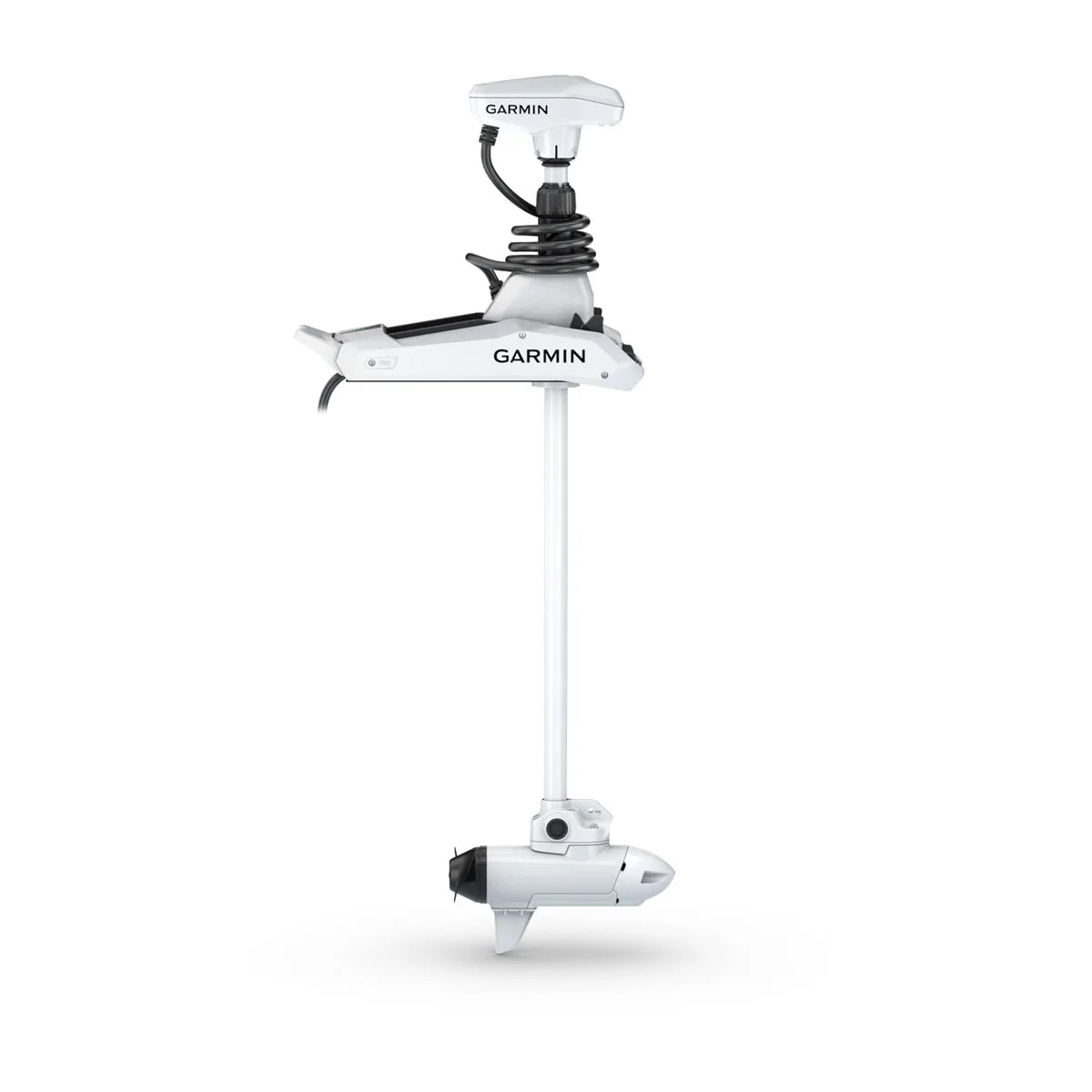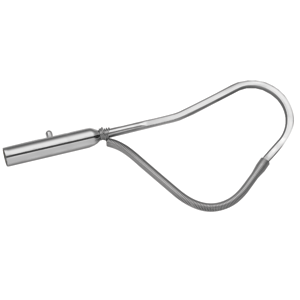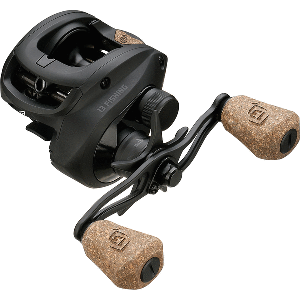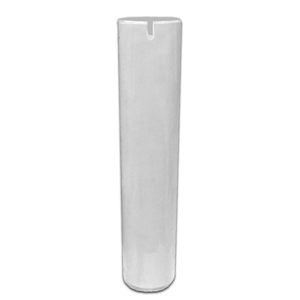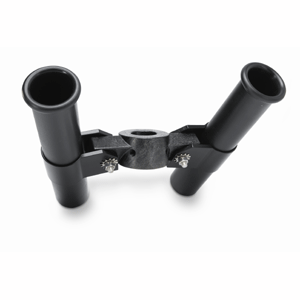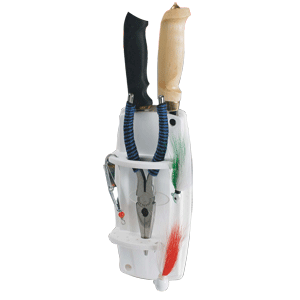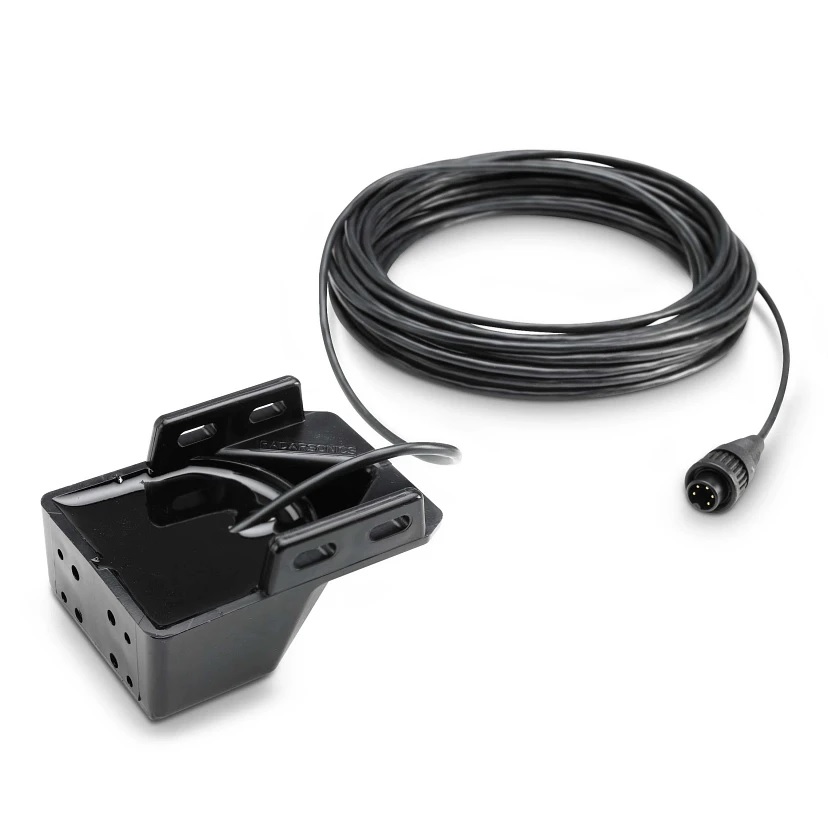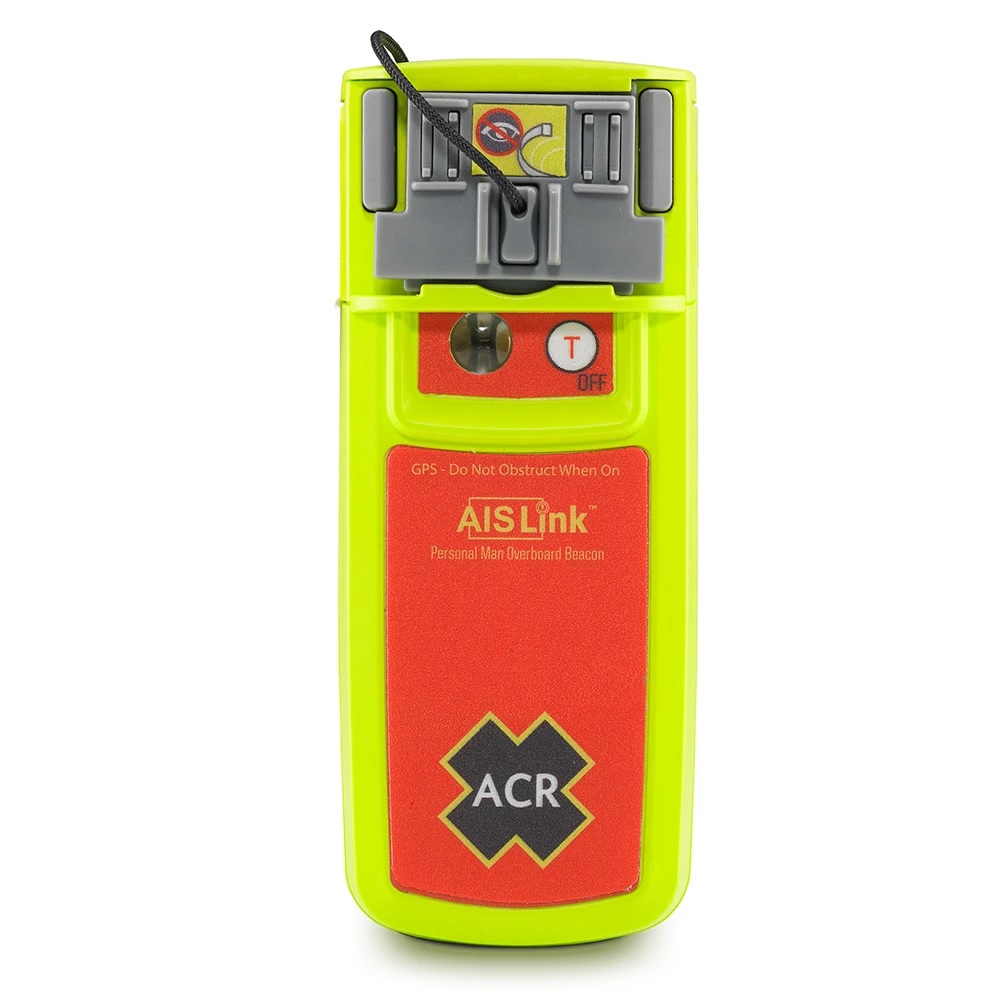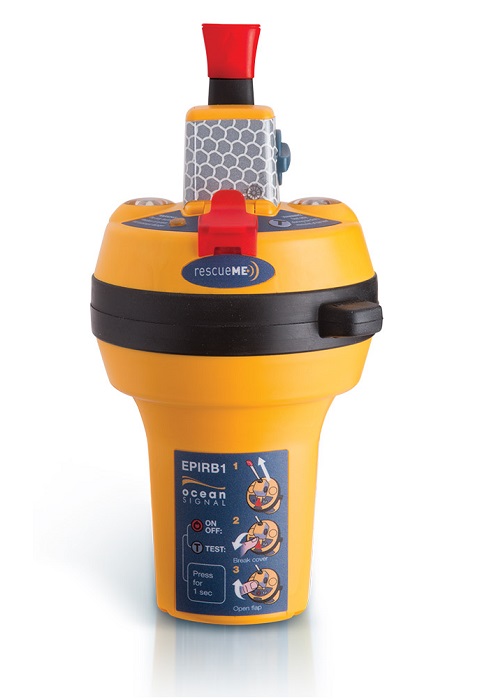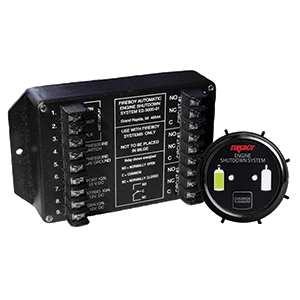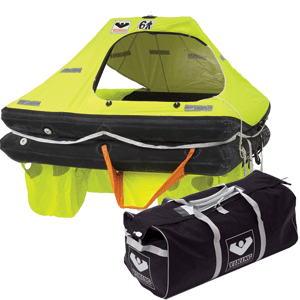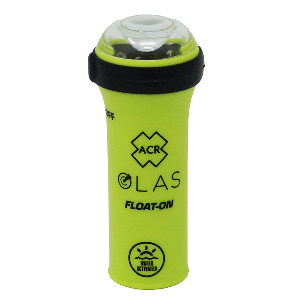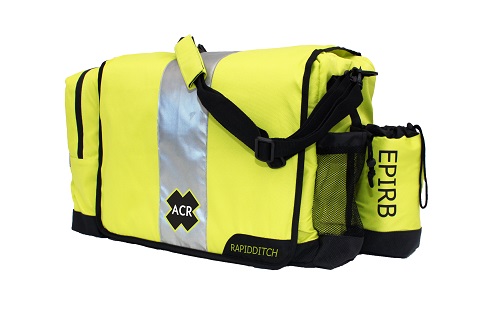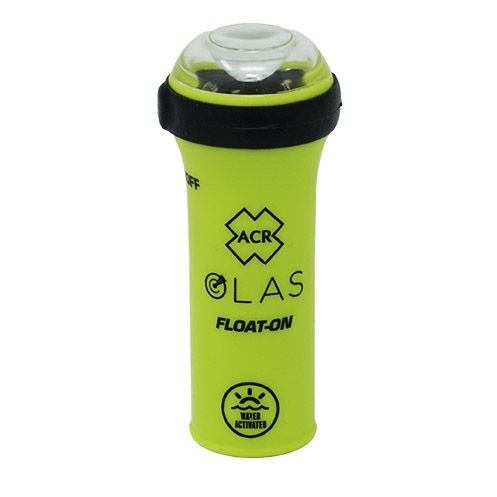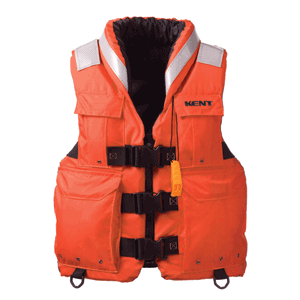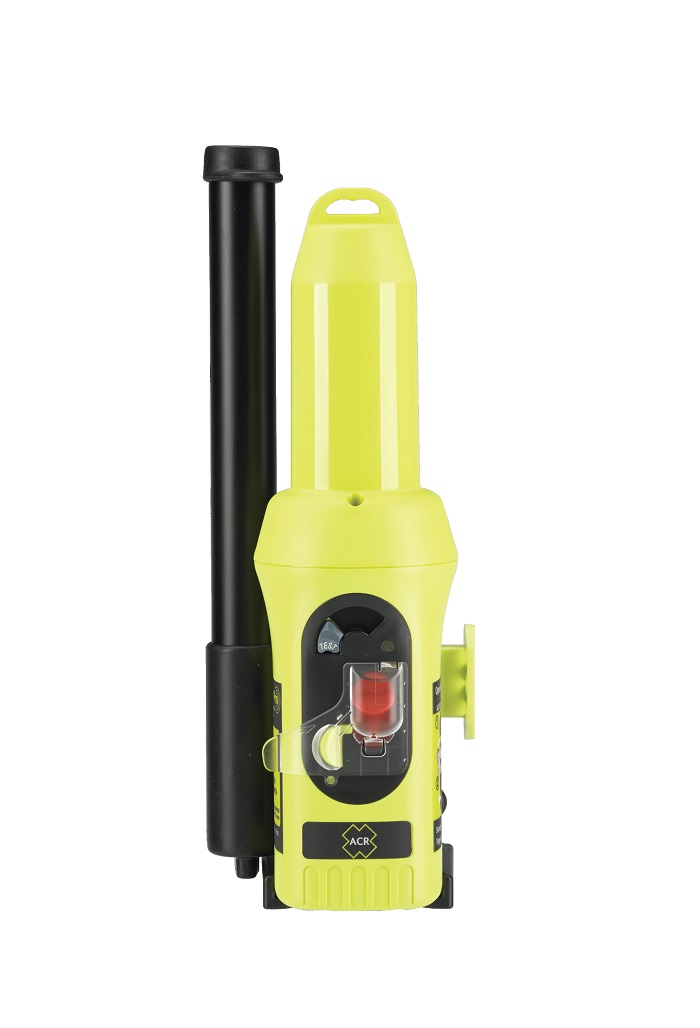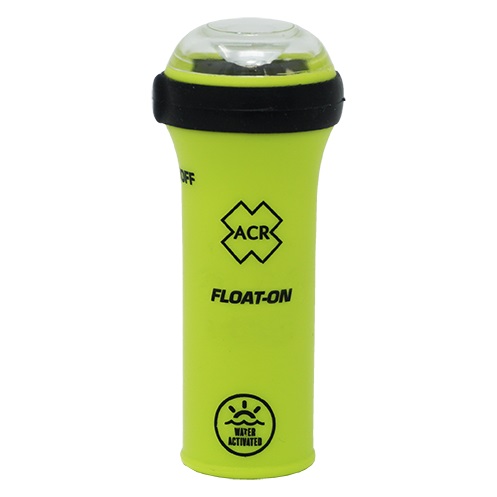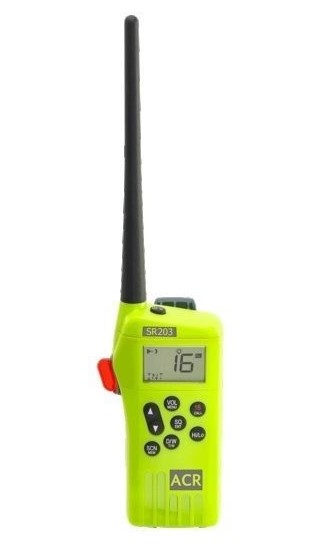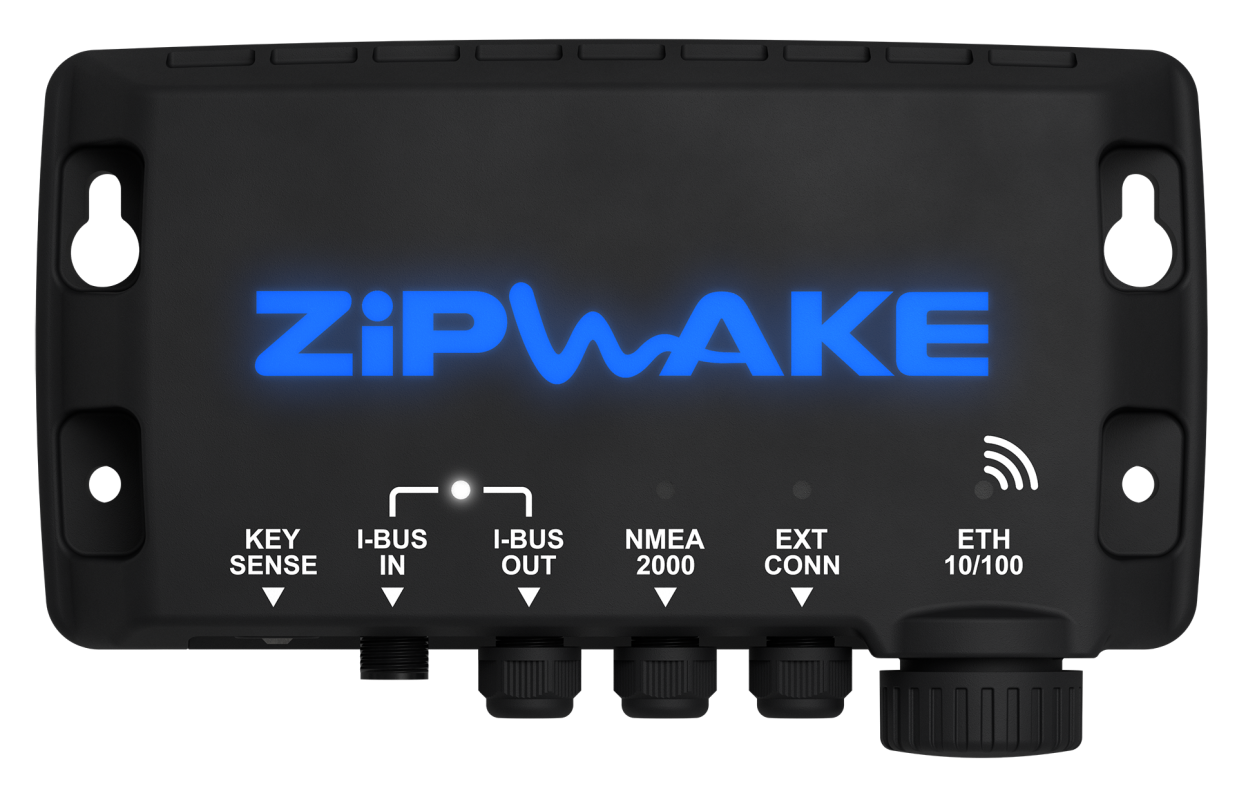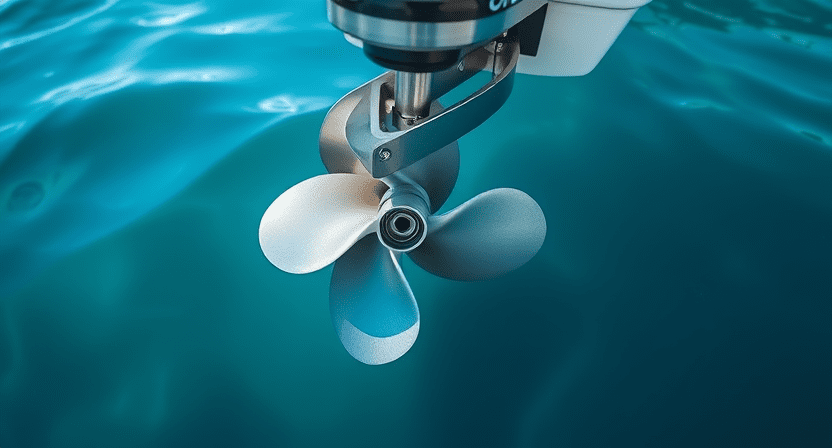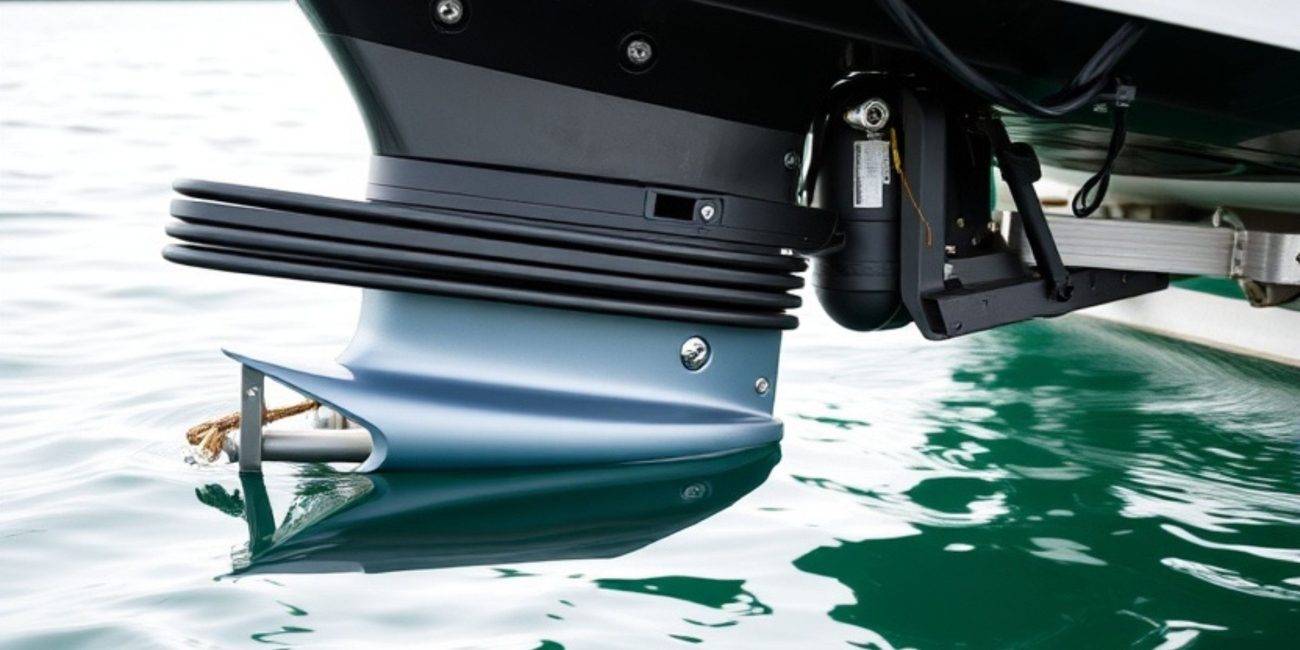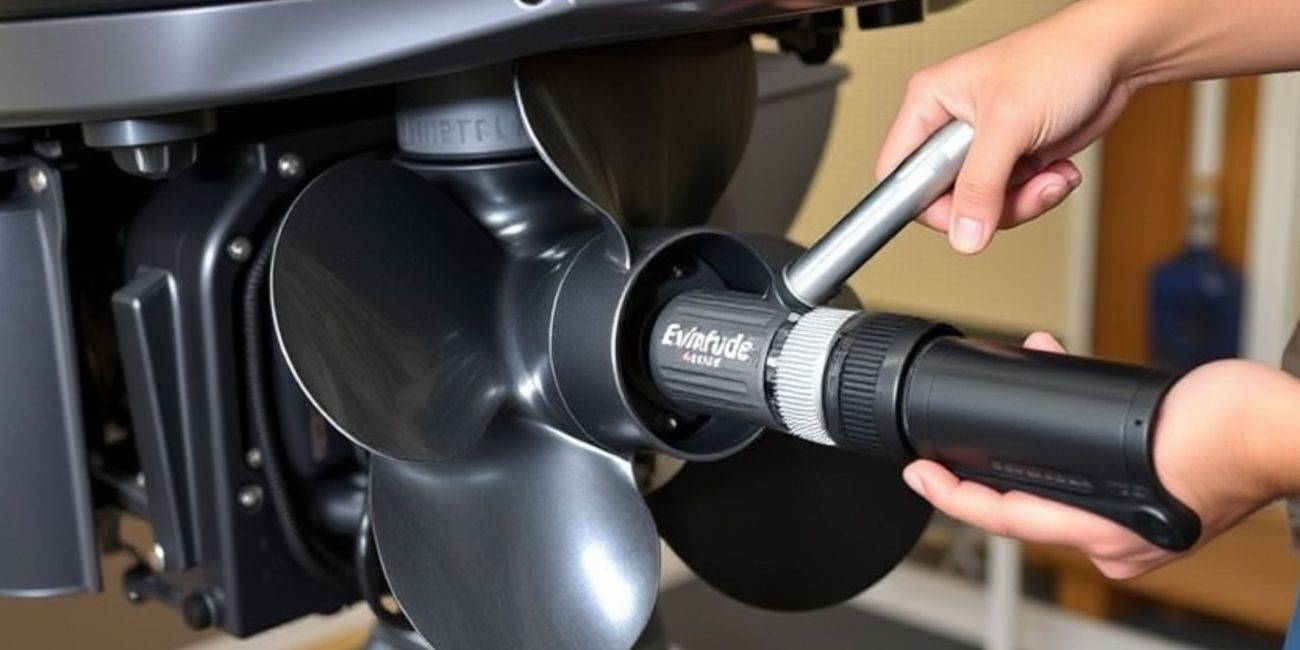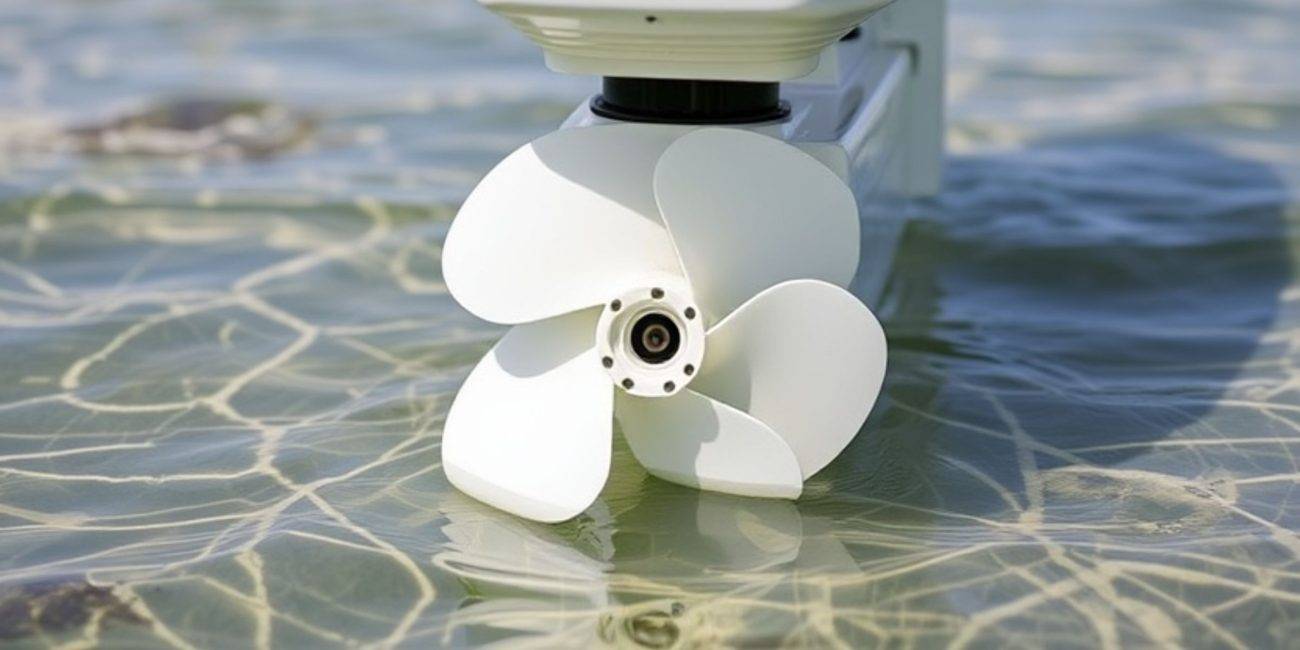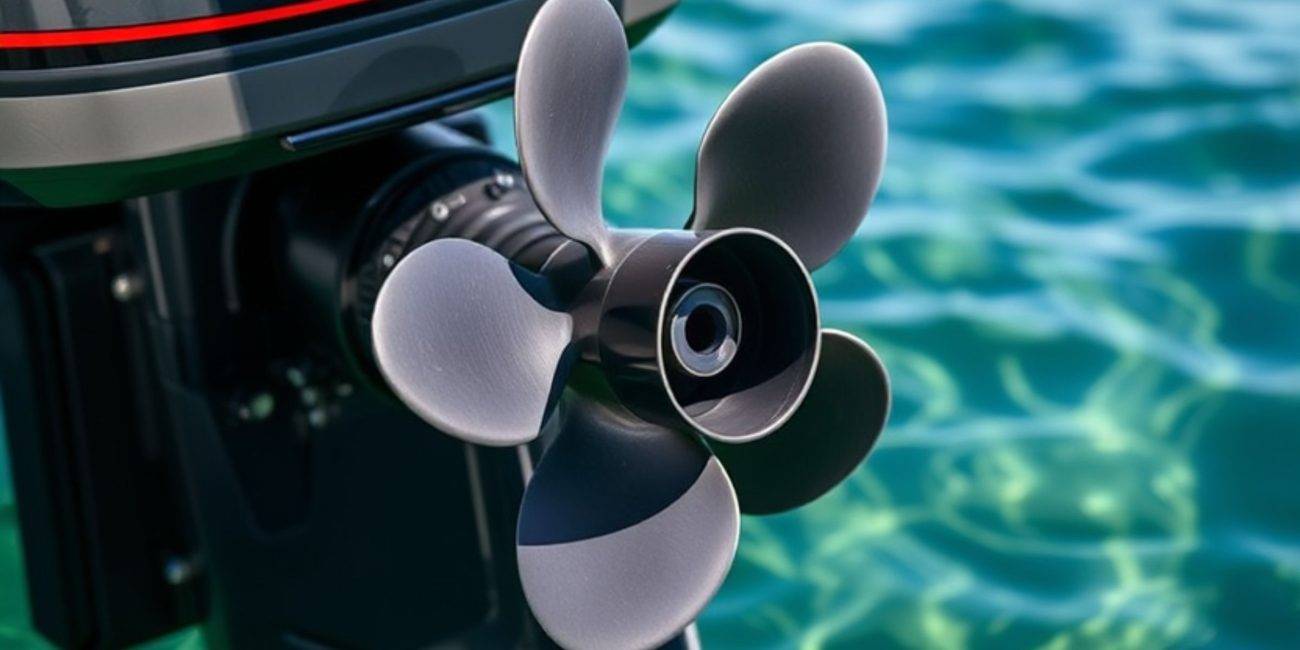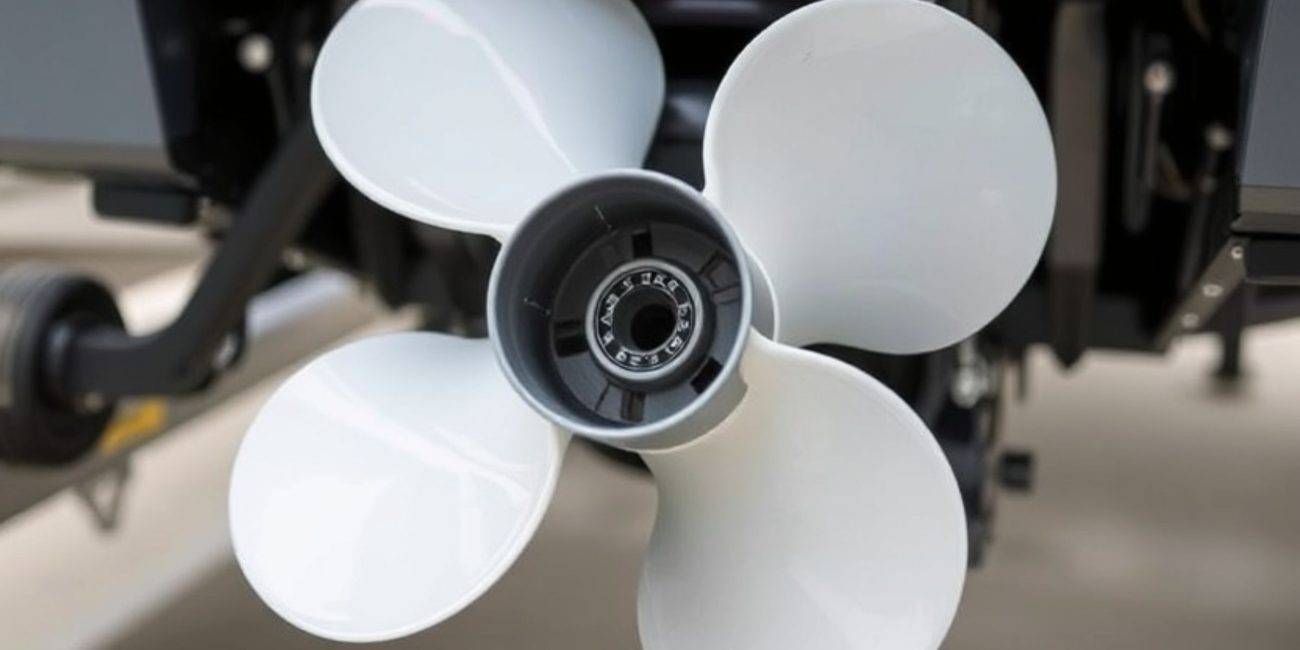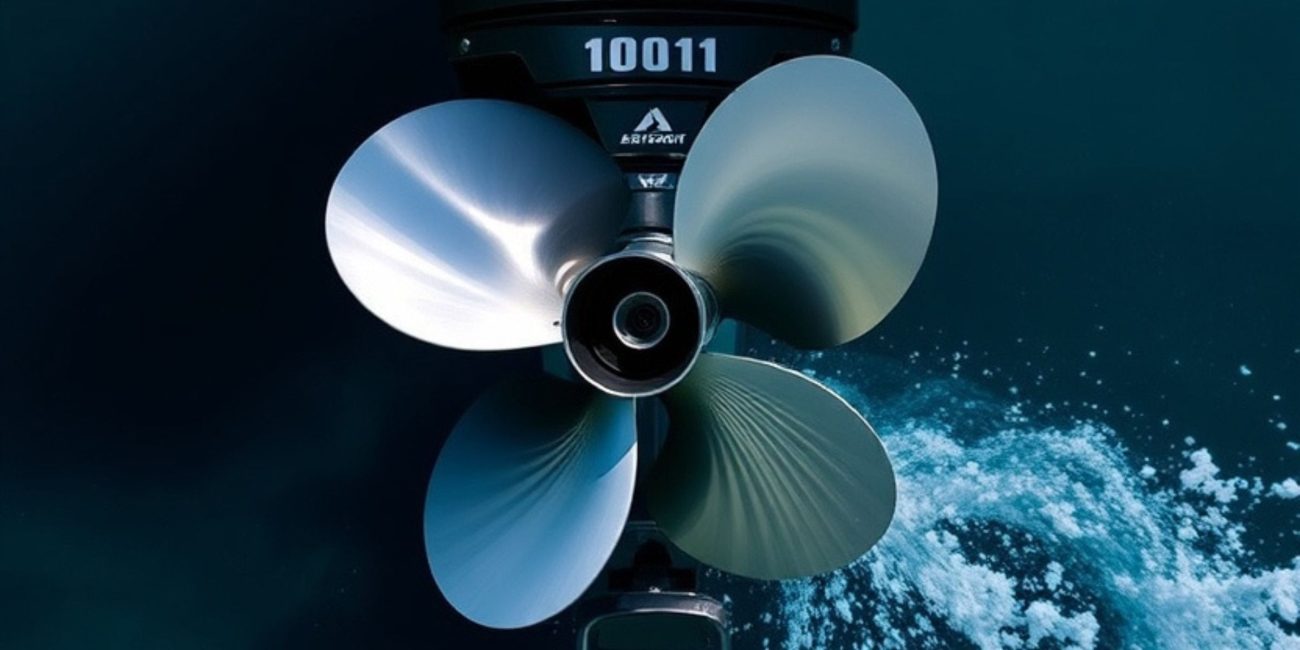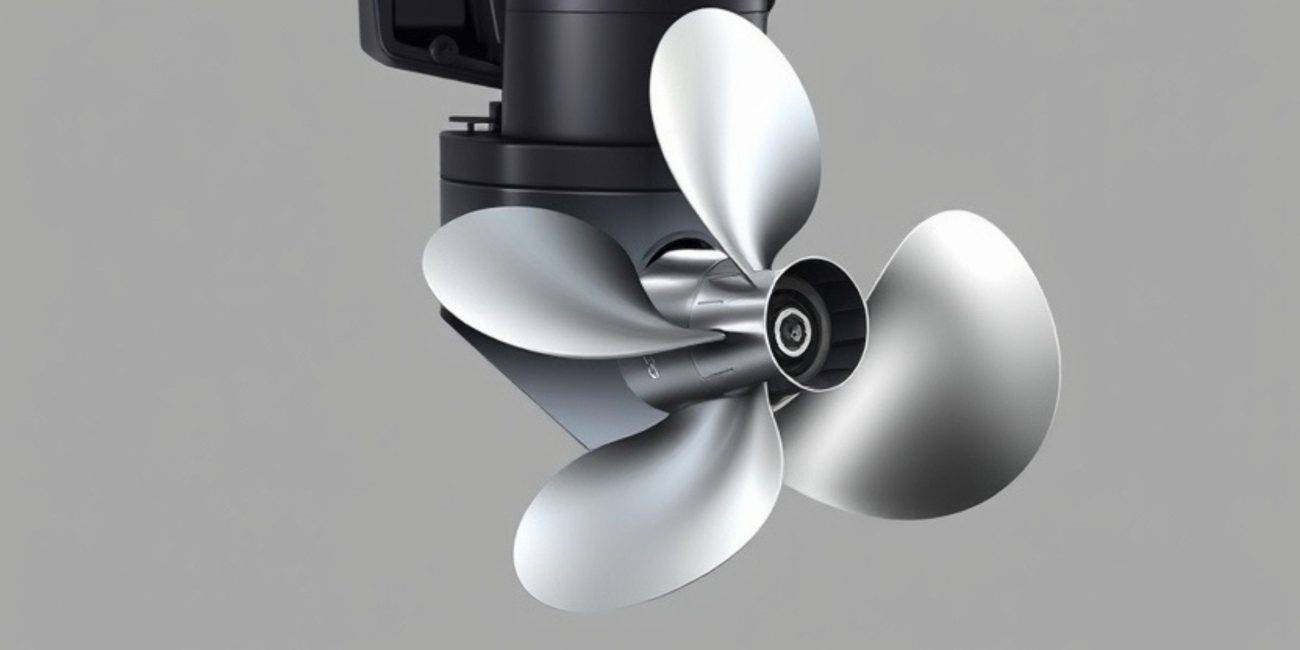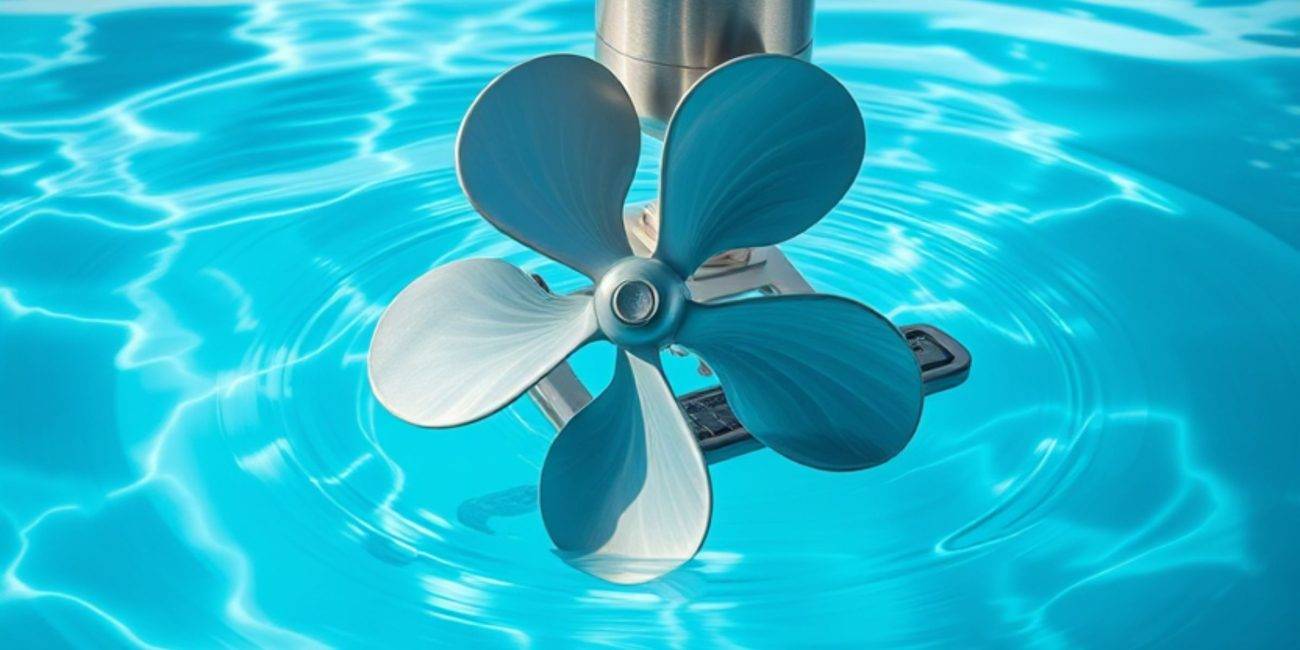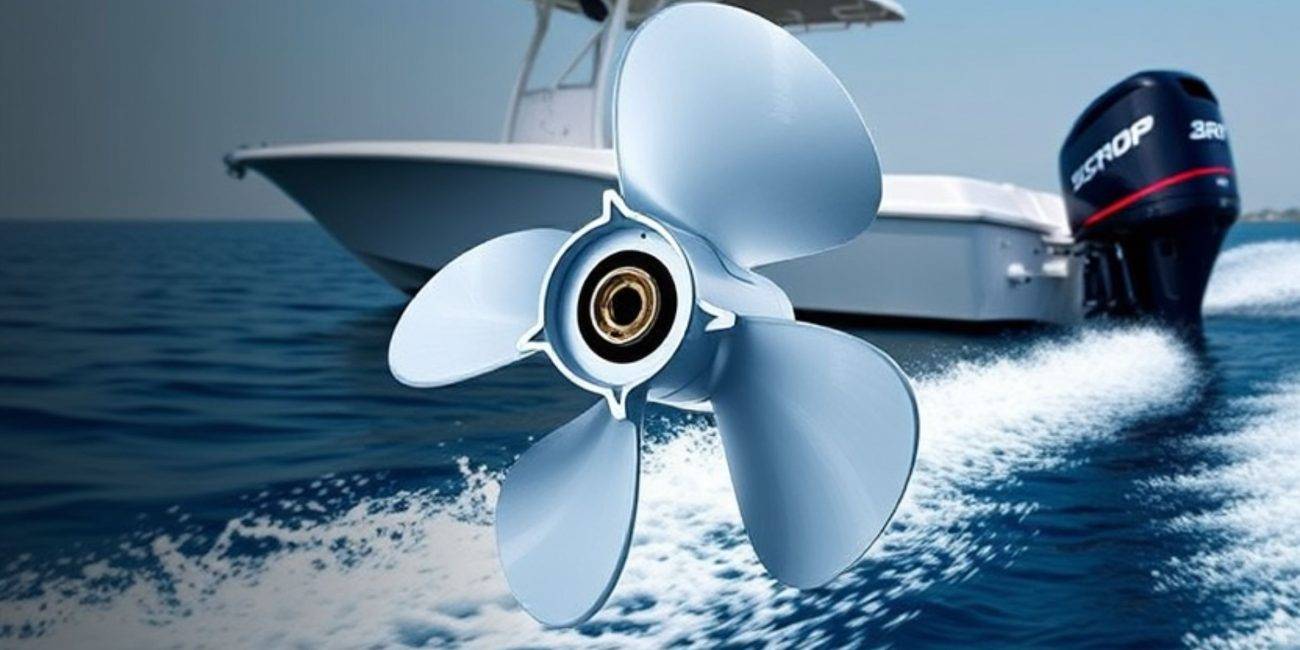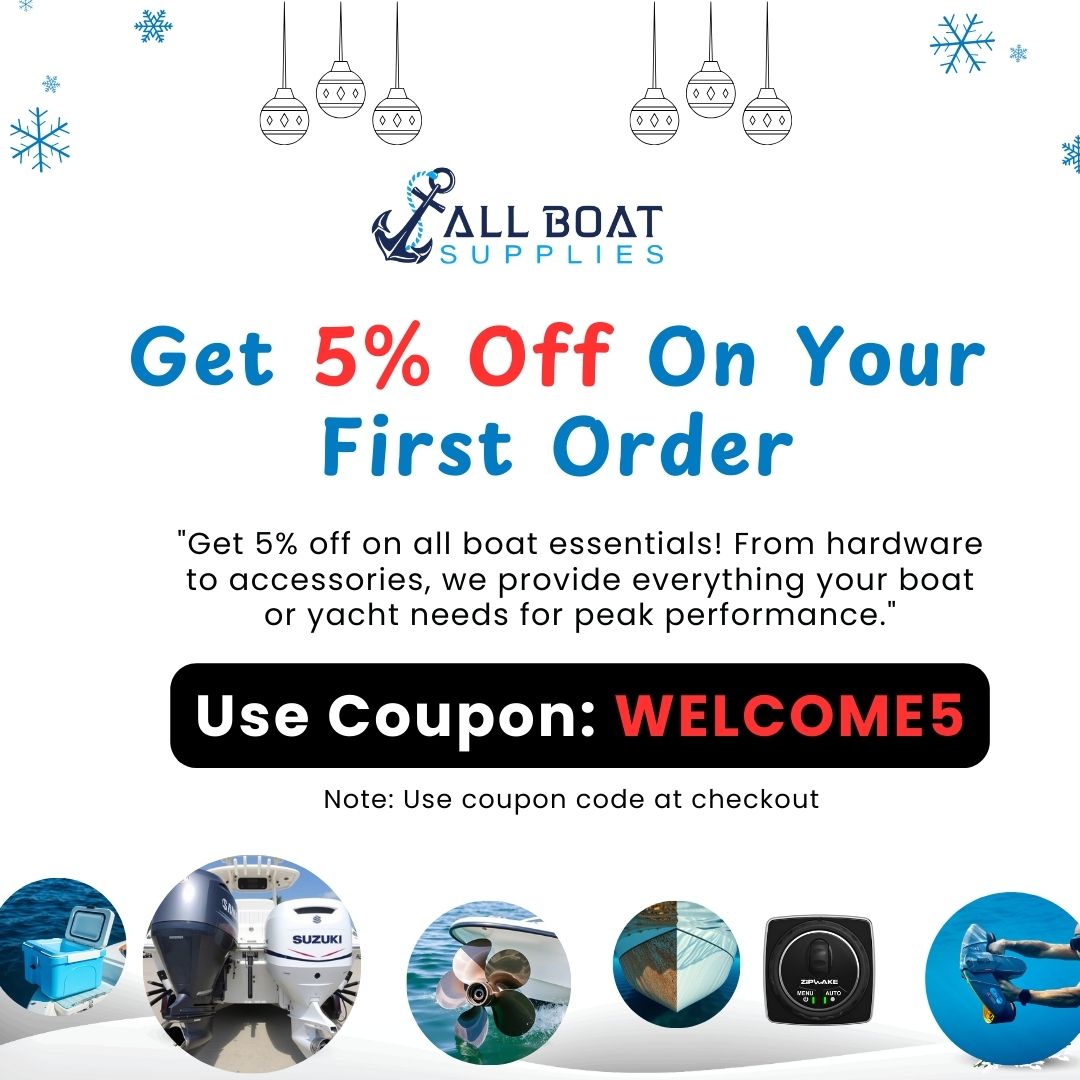Aluminum vs. Stainless Steel Propellers
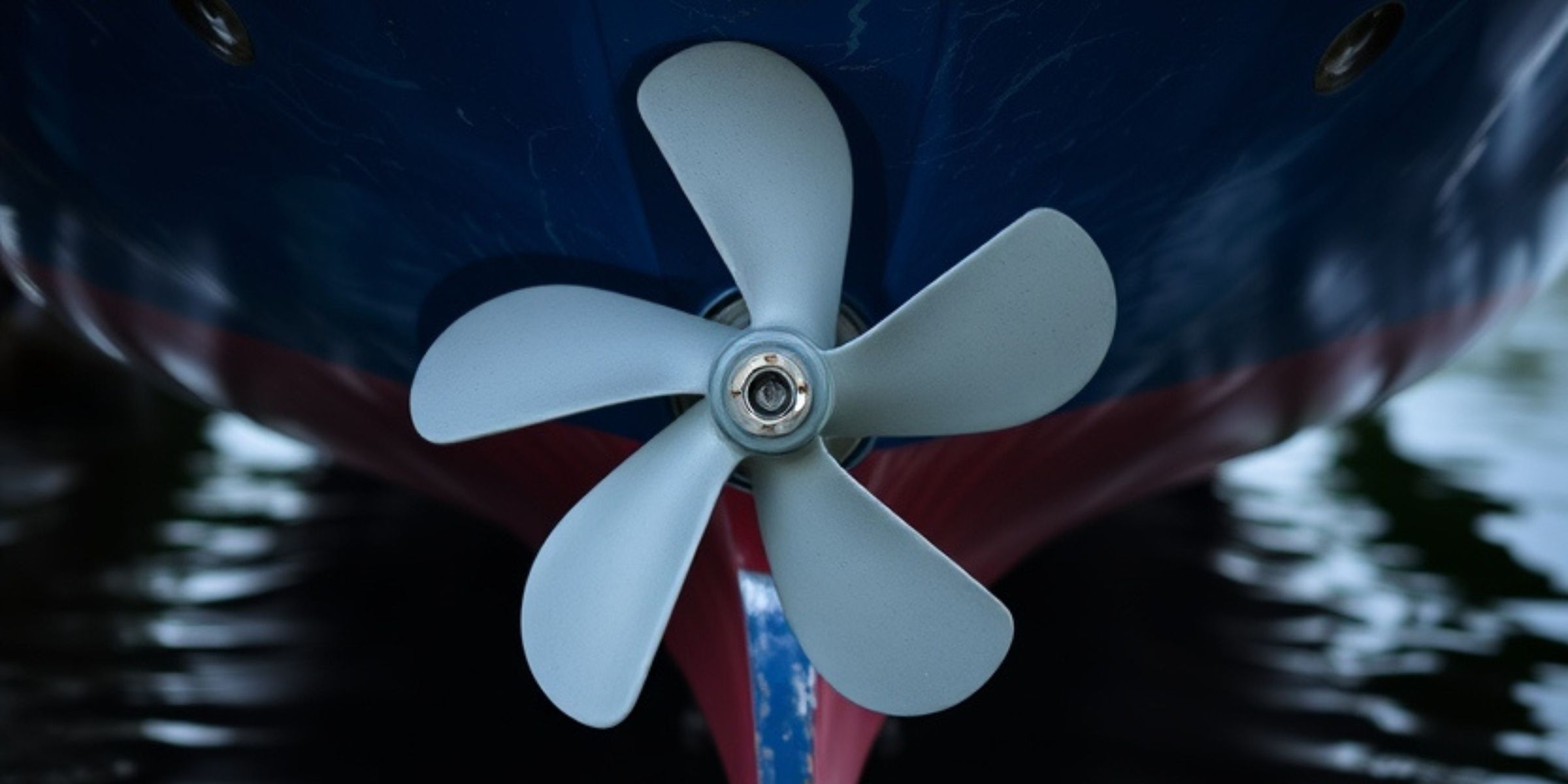
Comparing Propeller Materials: Aluminum vs. Stainless Steel
In this article you will learn about Aluminum vs. Stainless Steel Propellers.
Propellers are critical components of any boat’s propulsion system. They translate engine power into thrust, propelling the vessel through the water. The material used to manufacture a propeller significantly impacts its performance, durability, and cost. Two of the most common materials for boat propellers are aluminum and stainless steel, each with its own set of advantages and disadvantages.
Aluminum Propellers
Aluminum propellers are a popular choice due to their affordability and relatively good performance.
-
Pros:
- Cost-effective: Aluminum is a significantly less expensive material than stainless steel, making aluminum propellers a budget-friendly option.
- Lightweight: Aluminum is a lightweight material, which can contribute to improved acceleration and handling.
- Good Performance: Aluminum propellers offer decent performance for recreational boating and many other applications.
-
Cons:
- Susceptible to Corrosion: Aluminum is susceptible to corrosion, especially in saltwater environments. This can lead to reduced performance, increased drag, and ultimately, the need for repairs or replacement.
- Lower Strength: Compared to stainless steel, aluminum is a less strong and durable material. This makes aluminum propellers more prone to damage from impacts with underwater objects.
- Limited Durability: The relatively short lifespan of aluminum propellers due to corrosion can increase long-term maintenance costs.
Stainless Steel Propellers
Stainless steel propellers are known for their superior strength, durability, and corrosion resistance.
-
Pros:
- Exceptional Durability: Stainless steel is highly resistant to corrosion, making it an ideal choice for saltwater environments and demanding applications.
- High Strength: Stainless steel propellers are significantly stronger than aluminum propellers, making them more resistant to damage from impacts.
- Long Lifespan: Due to their high durability and corrosion resistance, stainless steel propellers can last significantly longer than aluminum propellers, reducing the need for frequent replacements.
-
Cons:
- Higher Cost: Stainless steel is a more expensive material than aluminum, resulting in a higher initial cost for stainless steel propellers.
- Heavier Weight: Stainless steel is heavier than aluminum, which can slightly impact acceleration and fuel efficiency.
Choosing the Right Propeller Material
The best propeller material for your boat will depend on several factors, including:
- Boat Type and Usage: Consider the type of boat you own and how you typically use it. Recreational boats that primarily operate in freshwater may be suitable for aluminum propellers, while saltwater boats and those subjected to heavy use may benefit from the durability of stainless steel.
- Budget: If cost is a primary concern, aluminum propellers may be a more attractive option. However, the long-term cost of ownership may be lower with stainless steel due to its increased durability and reduced need for replacements.
- Operating Environment: If you primarily operate in saltwater or in environments with high levels of corrosion, stainless steel is the recommended choice.
- Performance Goals: If you prioritize maximum performance and durability, stainless steel propellers are generally the preferred option.
Conclusion
Both aluminum and stainless steel propellers have their own set of advantages and disadvantages. By carefully considering your specific needs and operating environment, you can choose the propeller material that best suits your boat and boating style.
You can also read about Outboard Lower Unit Upgrades: When and Why to Invest .


